 Before you start to create your dream home, you'll have to take these steps. (142 East 71st Street, #1A - The Agency Brokerage)
Before you start to create your dream home, you'll have to take these steps. (142 East 71st Street, #1A - The Agency Brokerage)
Between pandemic-induced labor shortages and supply chain disruptions, many naturally spent the first years of the 2020s seeking out turn-key apartments with fully up-to-date interiors. But in the current market, agents report that a growing number of buyers are determined not to let perfect be the enemy of good enough, and are open to well-priced apartments with slightly outdated interiors. The logic here is that they can put the money saved into customizing their new homes.
Whether updating a few finishes or conducting a full gut renovation, you'll need to grab a pen before you grab a sledgehammer. That's because local renovations often require as much paperwork as construction. This article describes how to legally renovate your condo or coop unit in New York City.
Whether updating a few finishes or conducting a full gut renovation, you'll need to grab a pen before you grab a sledgehammer. That's because local renovations often require as much paperwork as construction. This article describes how to legally renovate your condo or coop unit in New York City.
In this article:
Hire a Registered Architect or Professional Engineer
If you're working on a homestead in New Hampshire, you may be able to do it yourself. But in New York City, it is nearly always better to hire a professional to oversee the project. This primarily reflects the fact that in order to carry out any apartment renovation, you'll need a registered architect or professional engineer to file your plans and gain approval from the NYC Department of Buildings ("NYC DOB"). Beyond helping file the necessary paperwork, a trained professional can also help you navigate the many other rules and regulations you'll need to navigate throughout the renovation.Gain Condo or Coop Board Approval
Once you've contracted with a professional (in most cases, a registered architect), you must ensure that your planned renovation complies with your building's policies. The details are worked out in a document commonly known as an alteration agreement, essentially a contract between an individual apartment owner and their building board. The agreement details the building rules regarding renovations, including what types of renovations are permitted and when construction work can occur – some coops only allow work to take place at certain times of year and then between certain hours of the day.While minor renovations (e.g., updating a bathroom) are usually not a problem, major renovations (e.g., relocating a kitchen, adding an additional bathroom, or taking down a wall) often face challenges from building boards. The reason for this is simple. If you live in a private home, you can relocate the building's infrastructure. If you live in a multi-unit dwelling, gas, water, and sewage lines are typically located in a set location. As a result, moving a kitchen or bathroom doesn't just impact your unit but has an impact on the entire building. For this reason, it is important to give yourself ample time to finalize your alteration agreement, and it is always best to avoid scheduling the start of work until the agreement has been signed.
File with the Department of Buildings for a Permit
Once your coop or condo has given you the green light, it is time to move on to the next round of paperwork. This round entailed gaining approval for the NYC DOB. Although some minor alterations (e.g., replacing kitchen cupboards) don't require a permit from the NYC DOB, most renovations do.The NYC DOB outlines three categories of alterations:
- ALT1: Major alterations that will change use, egress or occupancy
- ALT2: Multiple types of work, not affecting use, egress or occupancy
- ALT3: One type of minor work, not affecting use, egress or occupancy
The good news is that to speed up the certification process, the NYC DOB does permit registered architects and professional engineers to self-certify (i.e., to submit and verify that their plans comply with local bylaws). If you're working with a registered architect or professional engineer who participates in the Professional Certification (Pro Cert) Program, you may receive approval in just a day. Before pursuing this option, however, confirm that your board approves of self-certification since some condo or coop boards will only allow projects to go forward if they have been approved by the NYC DOB itself.
Hire a Contractor and Get Ready for Additional Inspections
After you get the go-ahead from your condo or coop board and the NYC DOB, it's time to find a contractor or contractors to carry out the project. In addition to finding someone you trust to do a great job that complies with your alteration agreement, ensure your contractors have insurance, including personal liability and property damage insurance. Most condos and coops require contractors to be insured for at least $1,000,000 before starting any renovations, but even if you live in a building where this isn't a requirement, it is always a good idea to make this a condition of hire.Once the renovation is underway, be prepared for visits from city inspectors to ensure full compliance with the plan your architect or engineer filed with the NYC DOB. Once the job is complete, also be prepared for a final inspection from the city. While contractors may opt to self-certify their work, self-certifications are subject to random audits.
Make Peace with Your Neighbors
While not required by law, it is also highly advisable to reach out to your neighbors before starting any renovation. While you may not be able to muffle the sound of a demolition, giving your neighbors advance warning before your contractors arrive is generally a good idea. A note slipped under any adjacent neighbor doors letting them know about your renovation plans and timeline is usually sufficient. As a courtesy, it is also always nice to invite them to reach out to you if there are any problems since you likely won't be on-site supervising the construction crew. If you are engaging in a particularly long and loud renovation and want to repair damaged relationships with your neighbors, sending a small thank-you gift when the renovation is complete is another nice touch.Great listings in need of some TLC
If this hasn't scared you off, we present a selection of listings in need of minor tweaks. They truly don't make them like they used to, and these homes offer excellent bones, prime addresses, and generous square footage that allow a buyer to put their own stamp on the place.
Downtown
East River Coop, #M1602
$499,000 (-10.9%)
Lower East Side | Cooperative | 1 Bedroom, 1 Bath | 800 ft2
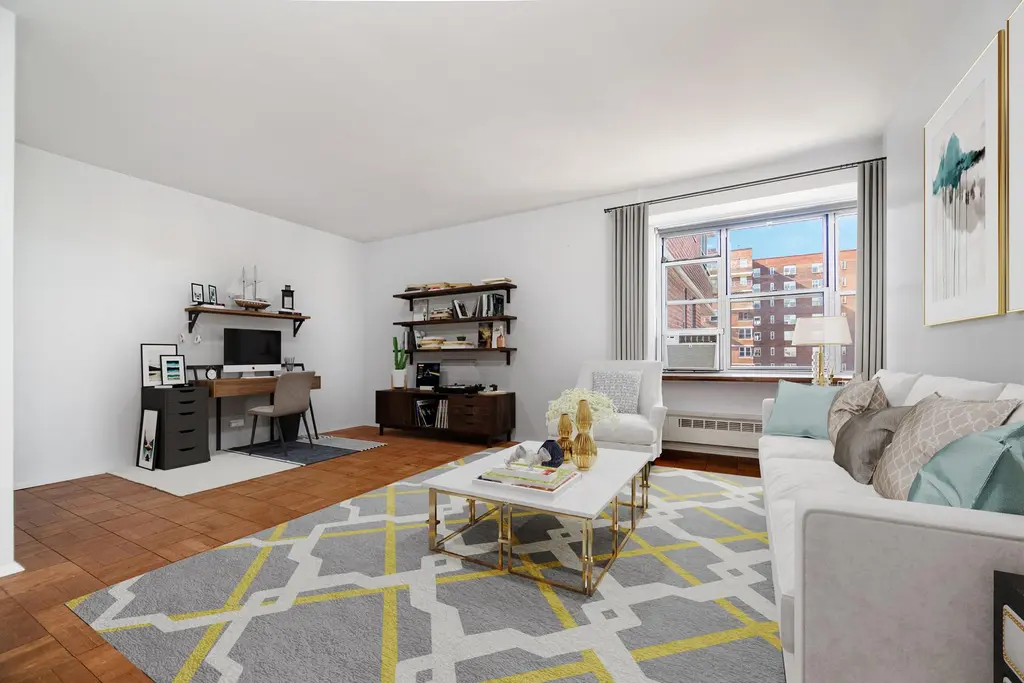
East River Coop, #M1602 (Douglas Elliman Real Estate)
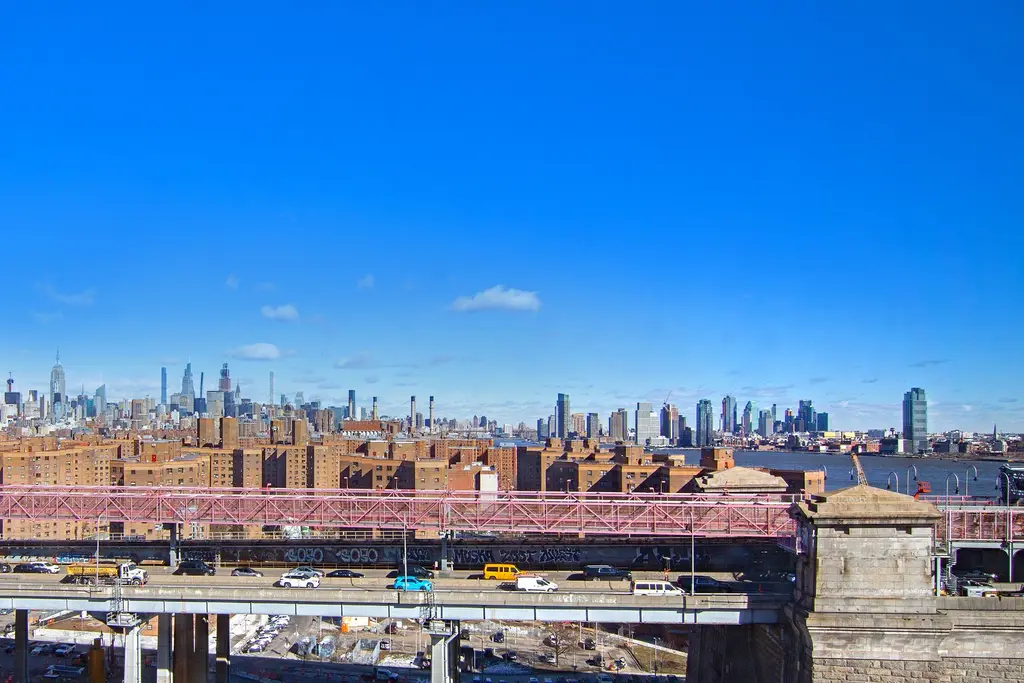
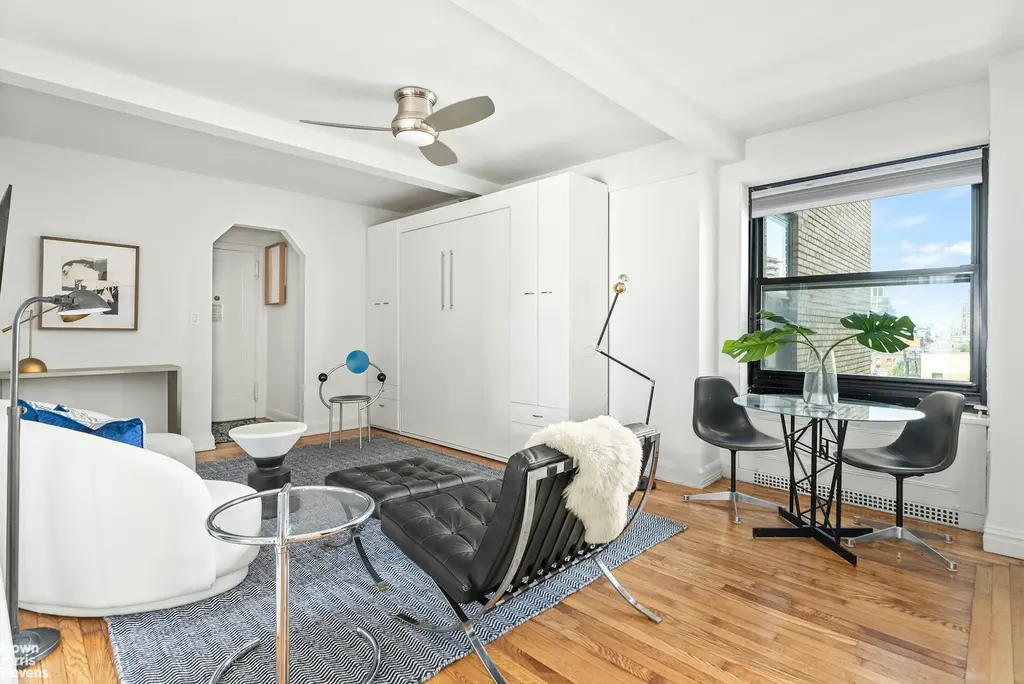
300 West 23rd Street, #11A (Brown Harris Stevens Residential Sales LLC)
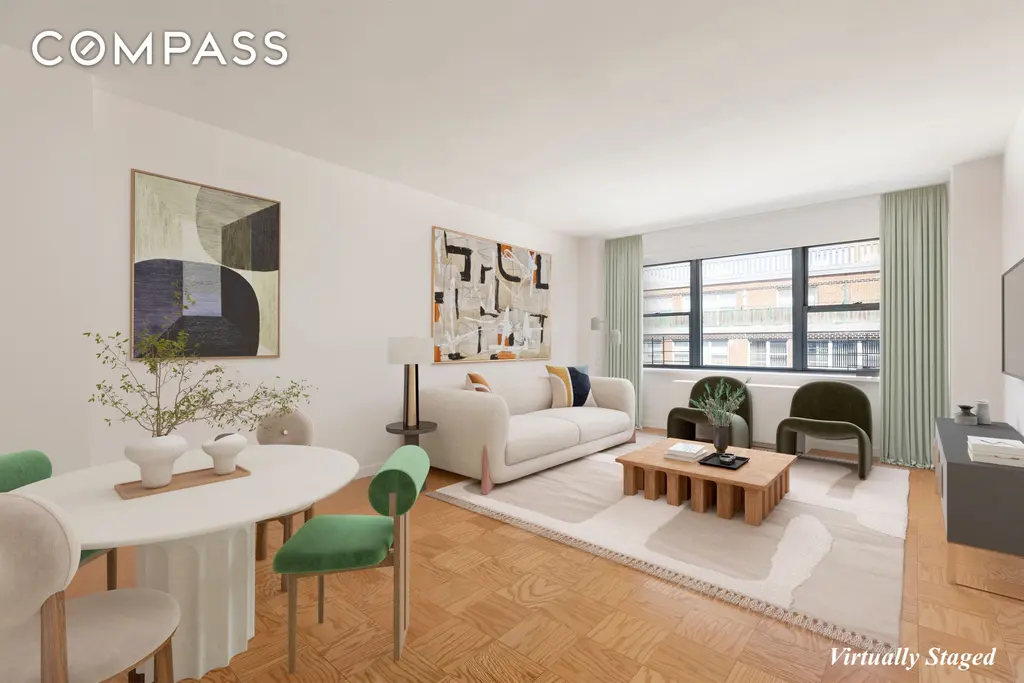
Parker Gramercy, #1419 (Compass)
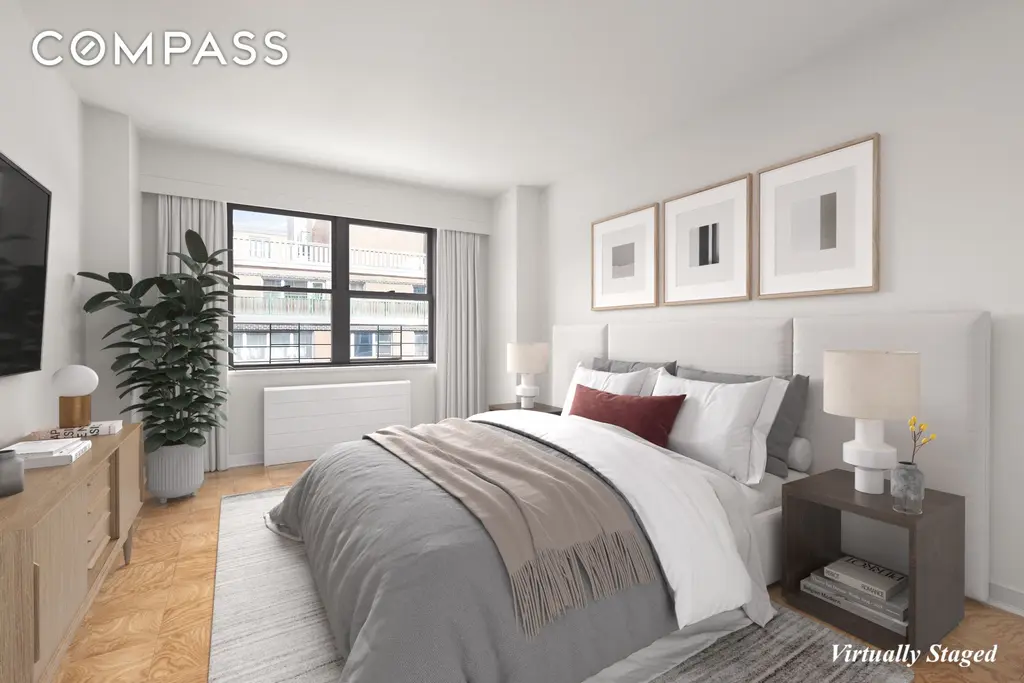
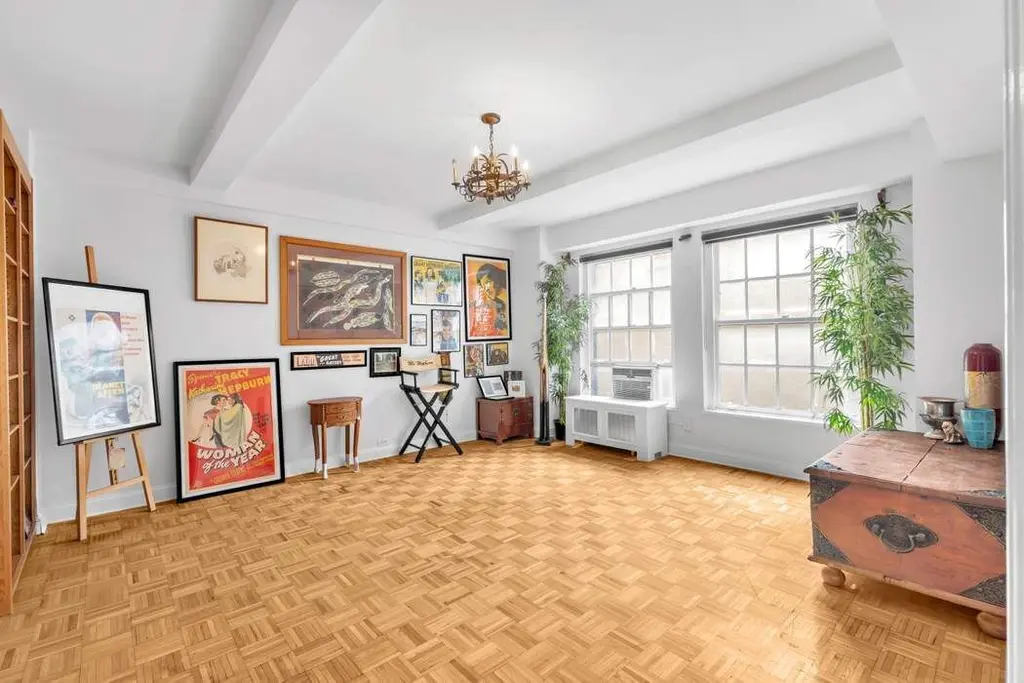
1 Fifth Avenue, #5K (Sothebys International Realty)
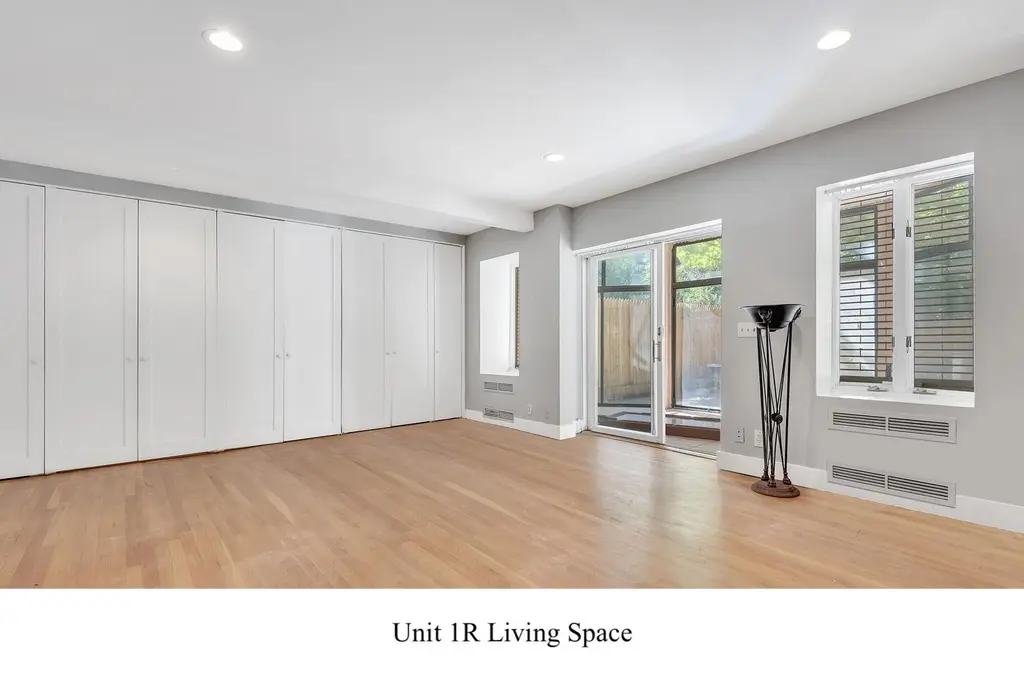
454 West 23rd Street, #1F1R (Douglas Elliman Real Estate)
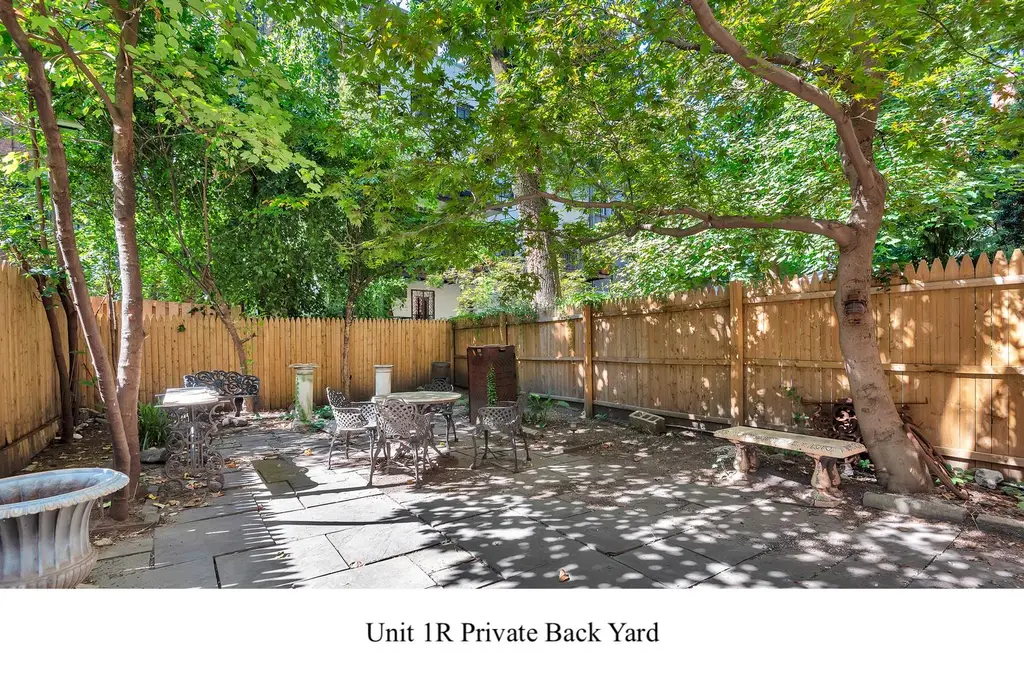
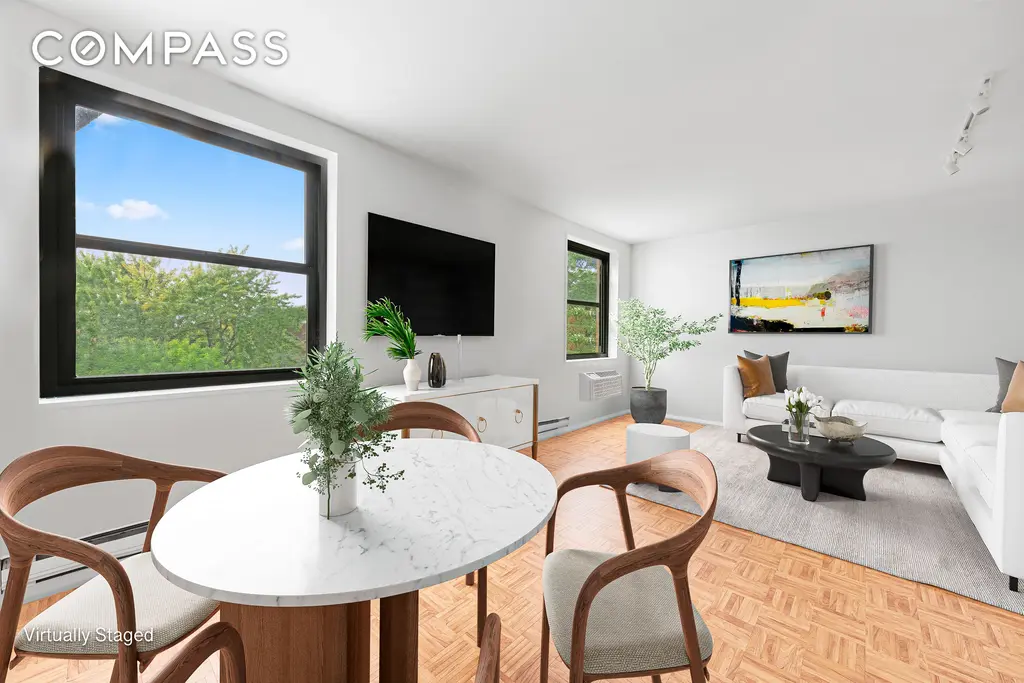
West Village Houses, #5B (Compass)
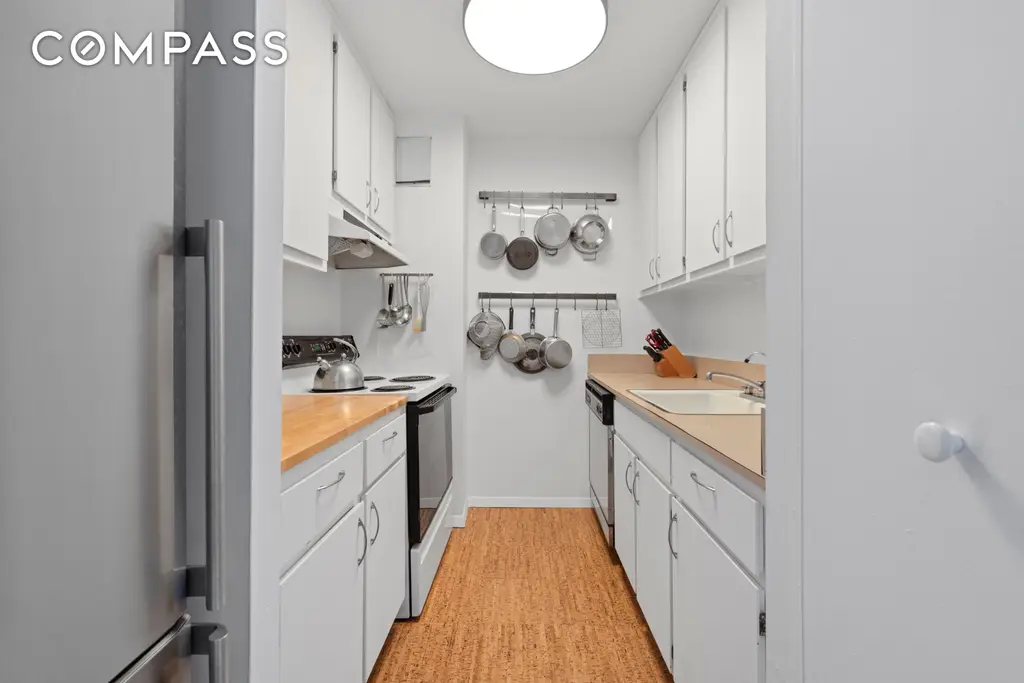
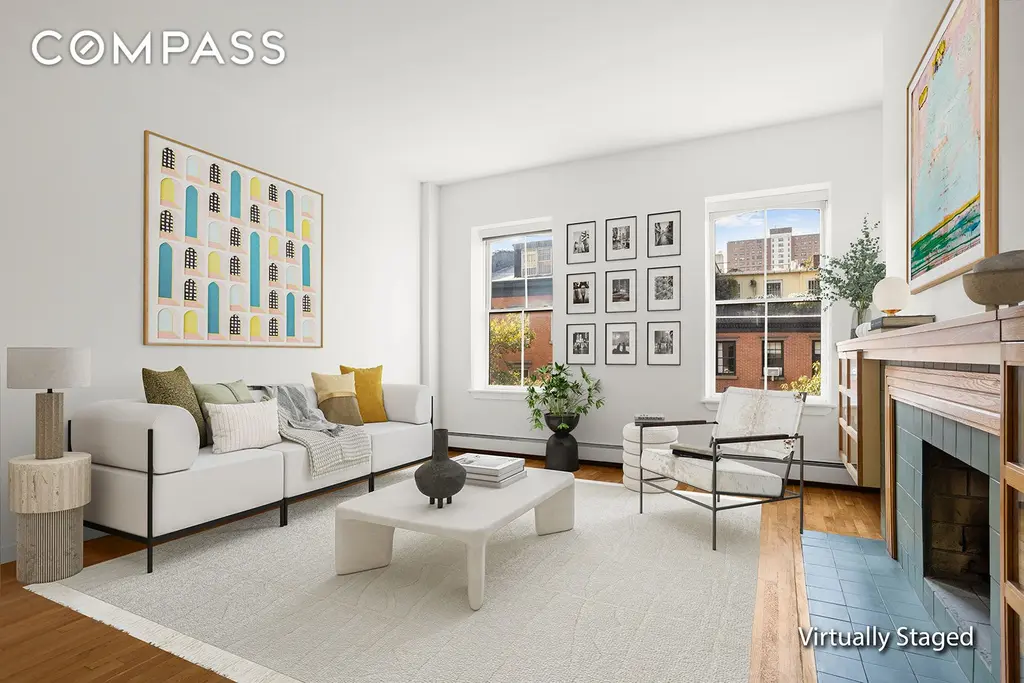
Anderson House, #3F (Compass)
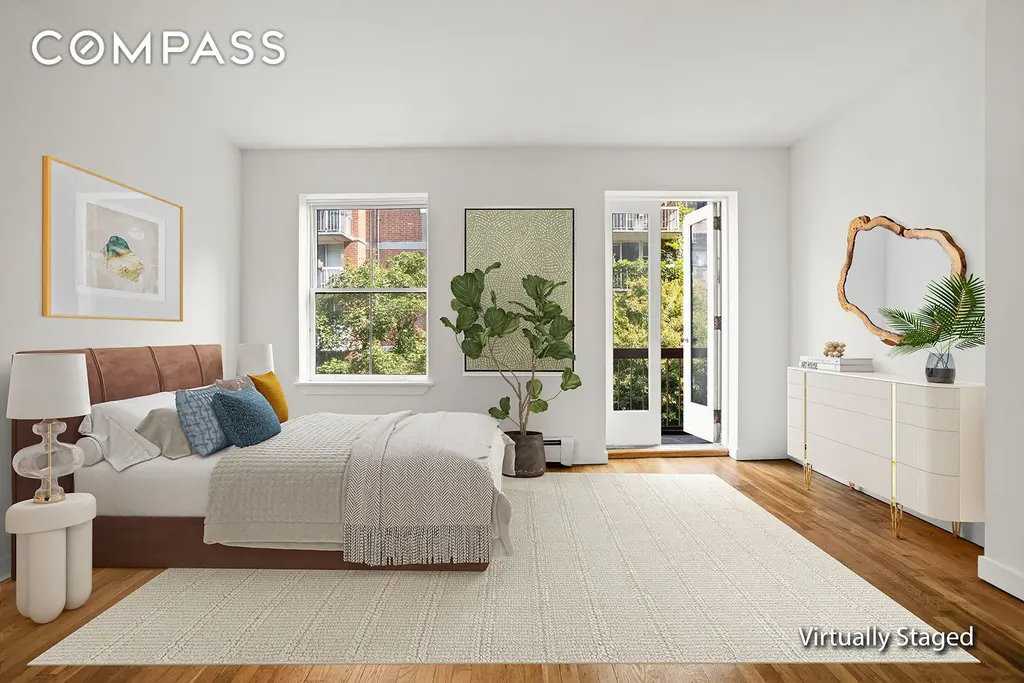
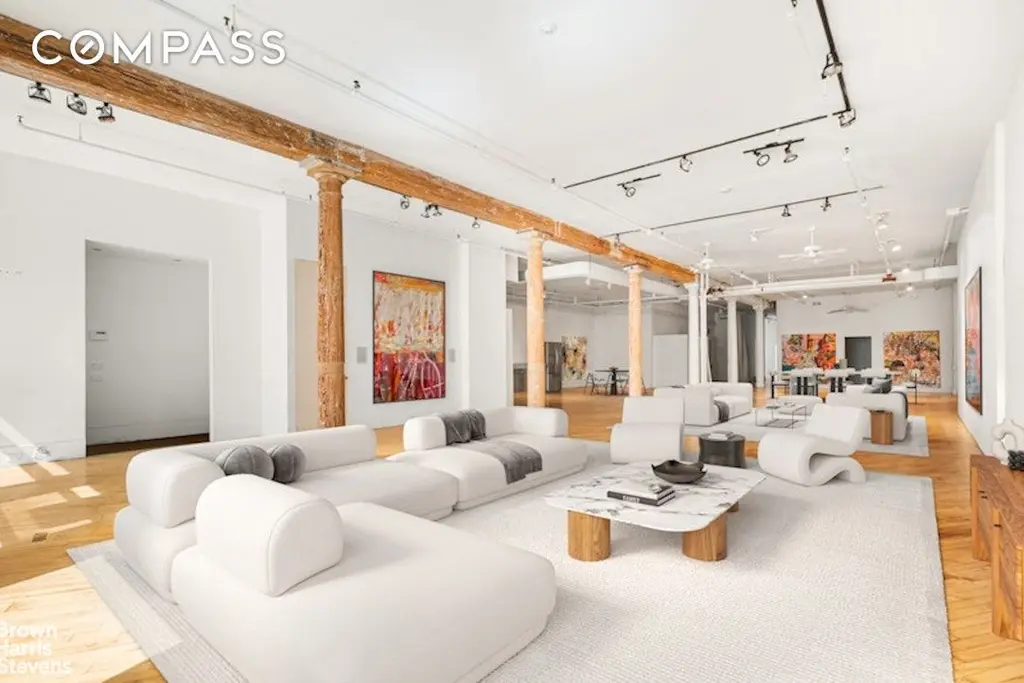
84 Mercer Street, #4 (Compass)
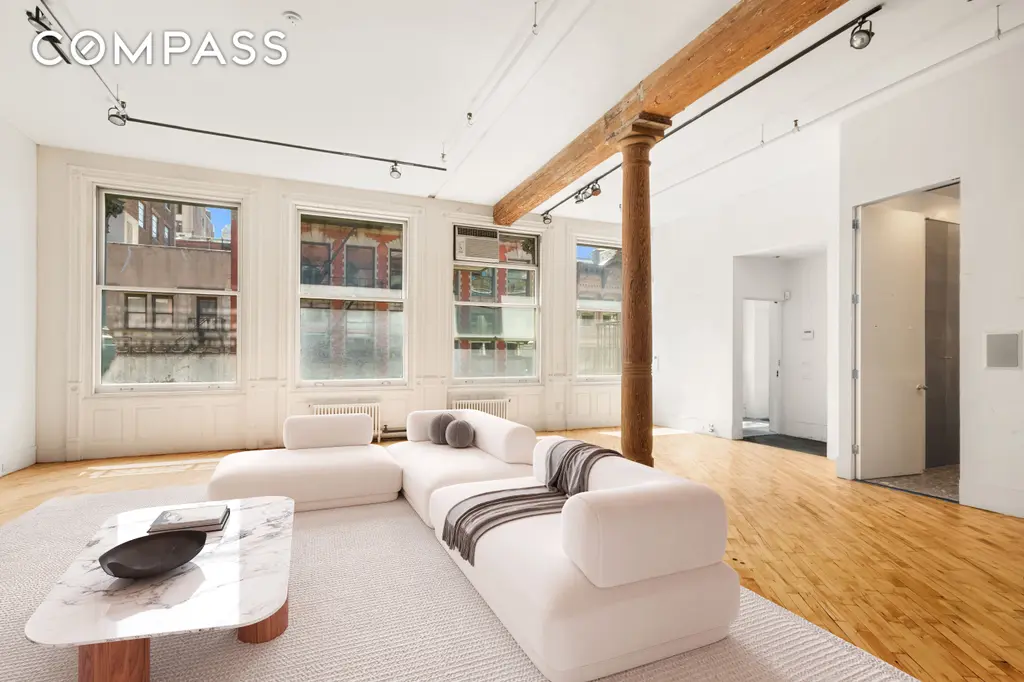
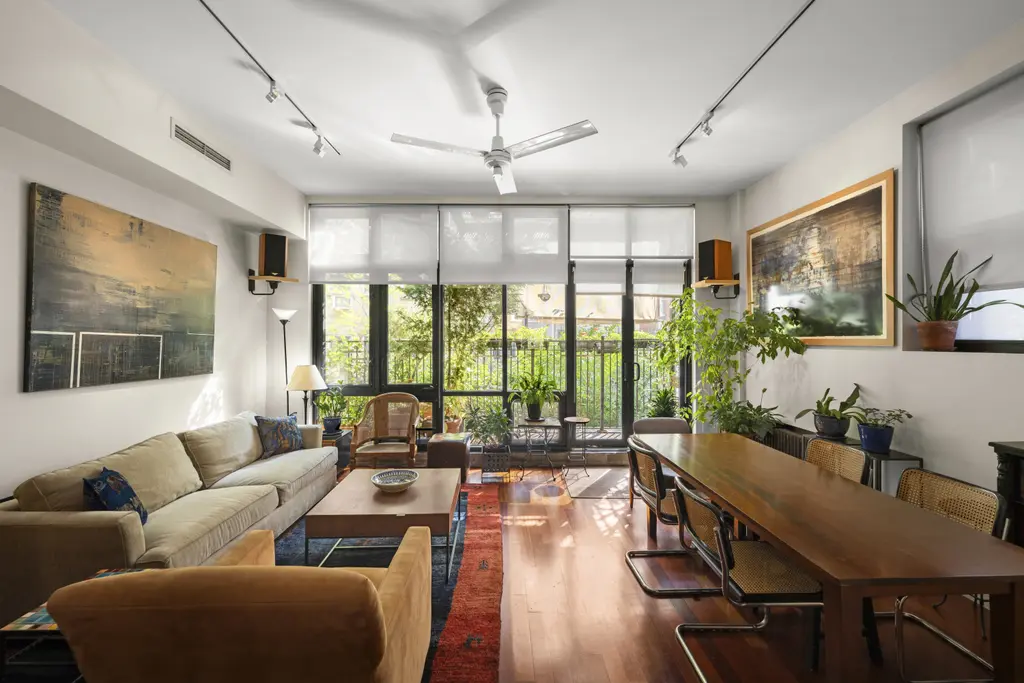
406 East 13th Street, # (Serhant LLC)
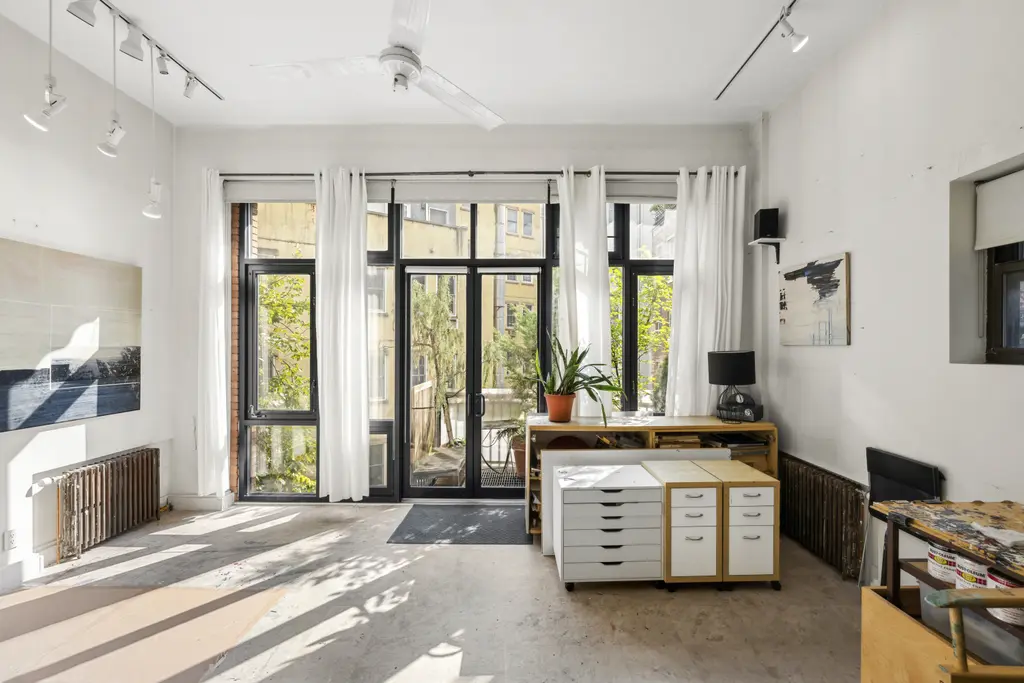
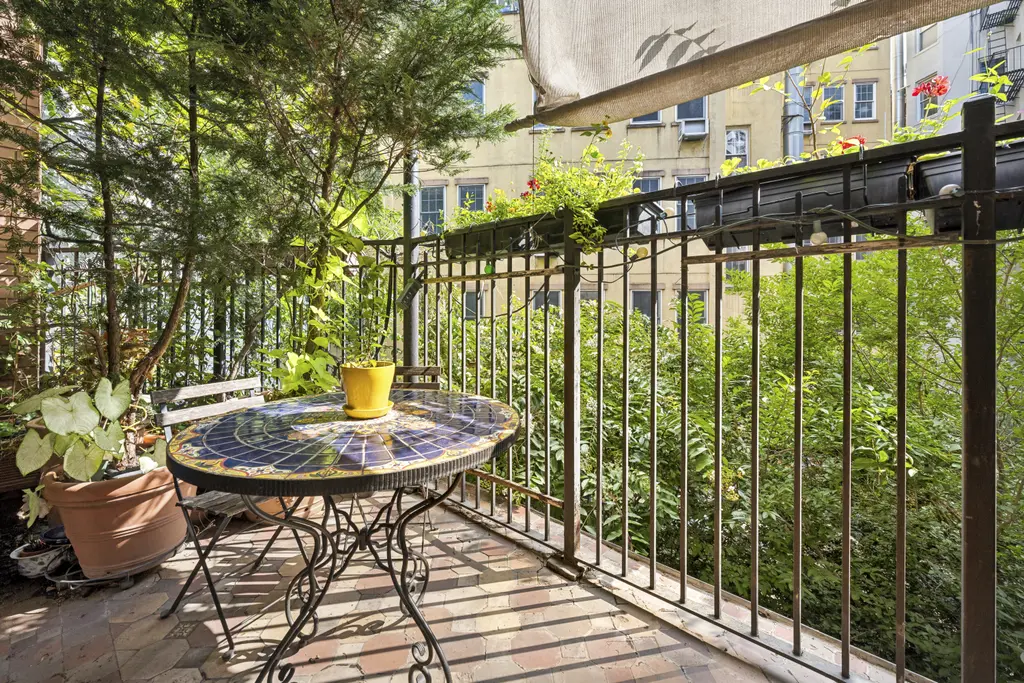
Midtown
Would you like to tour any of these properties?
Just complete the info below.
Or call us at (212) 755-5544
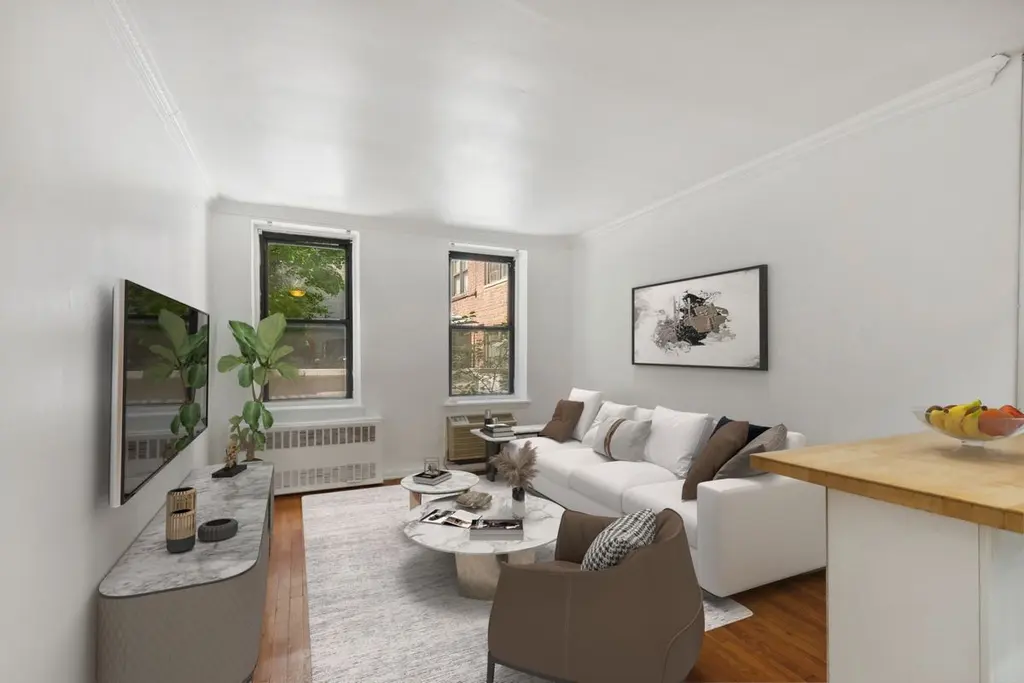
649 Second Avenue, #2B (Highline Residential LLC)
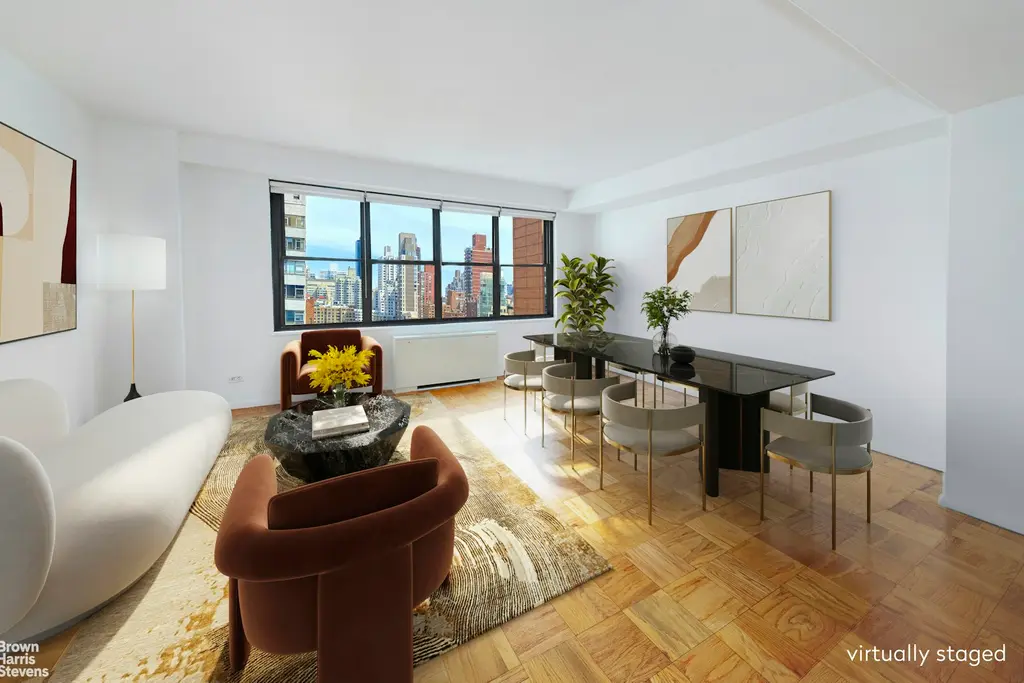
Harridge House, #20H (Brown Harris Stevens Residential Sales LLC)
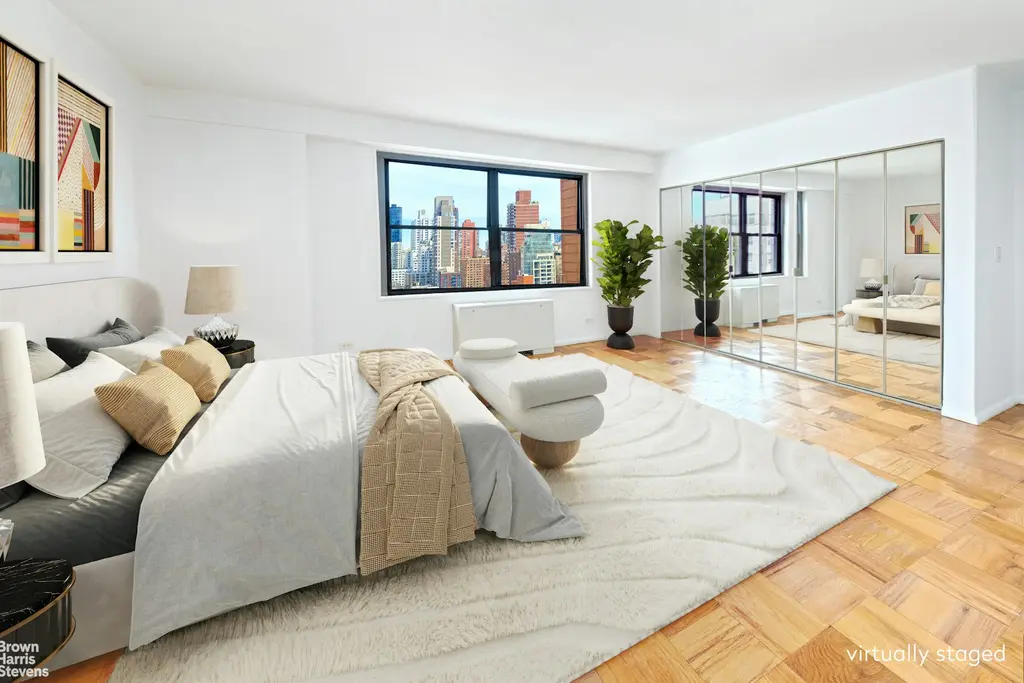
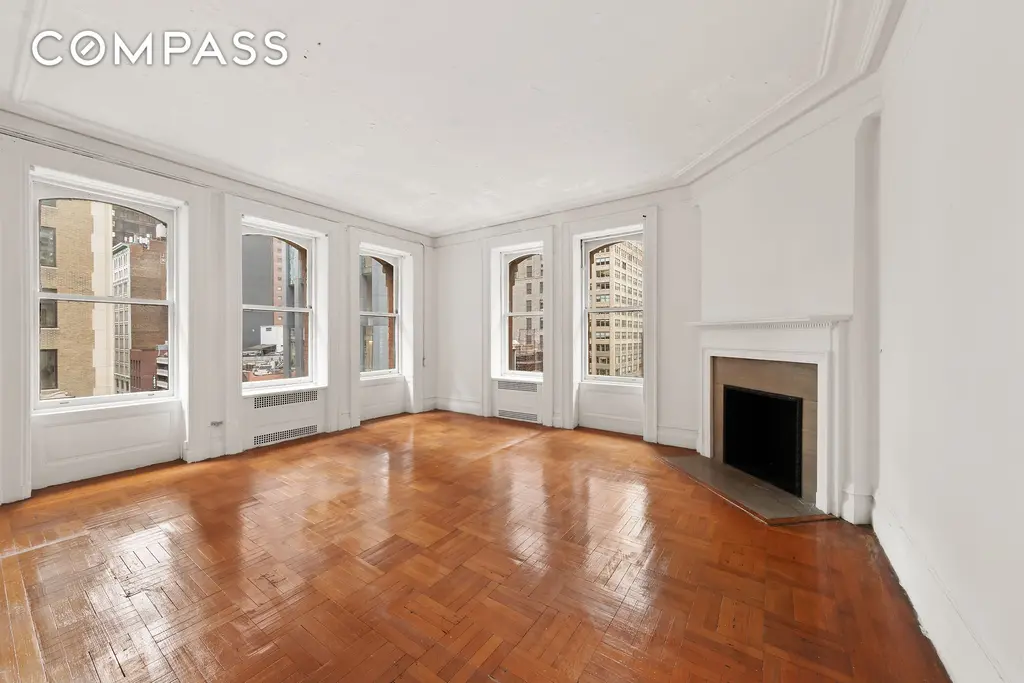
The Wilbraham, #6E (Compass)
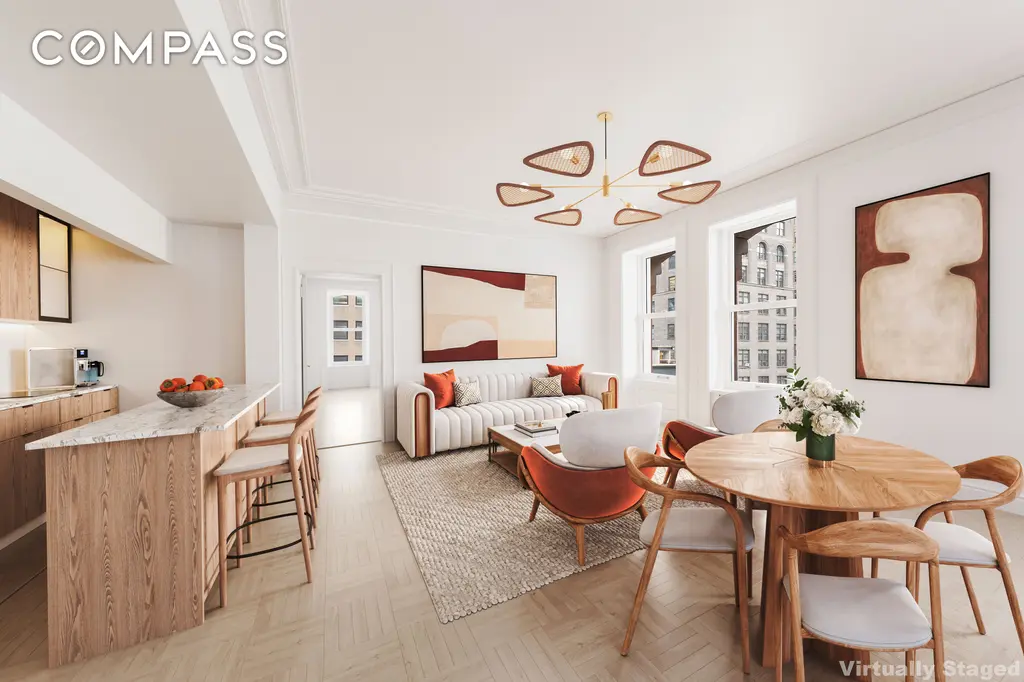
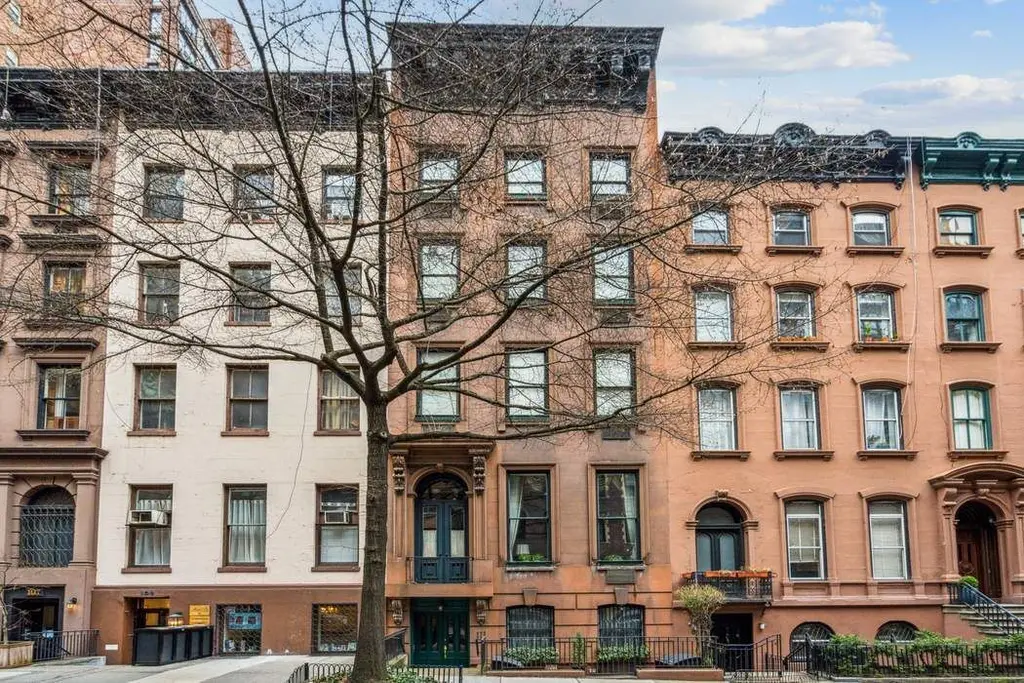
111 East 36th Street, #5AB (Sothebys International Realty)
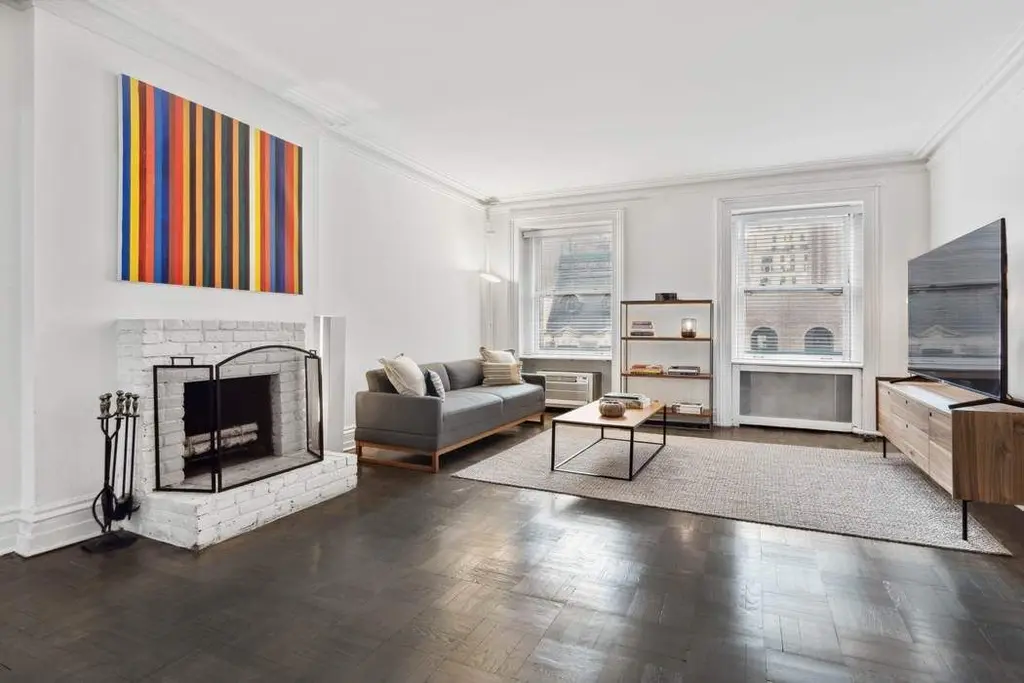
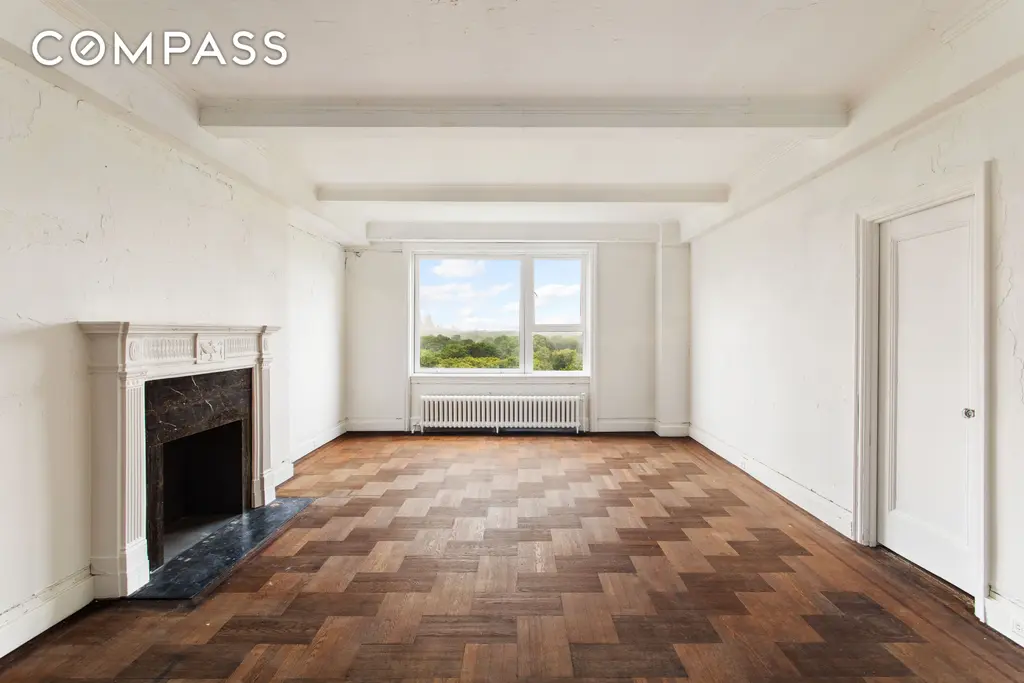
The Hawthorne, #13A (Compass)


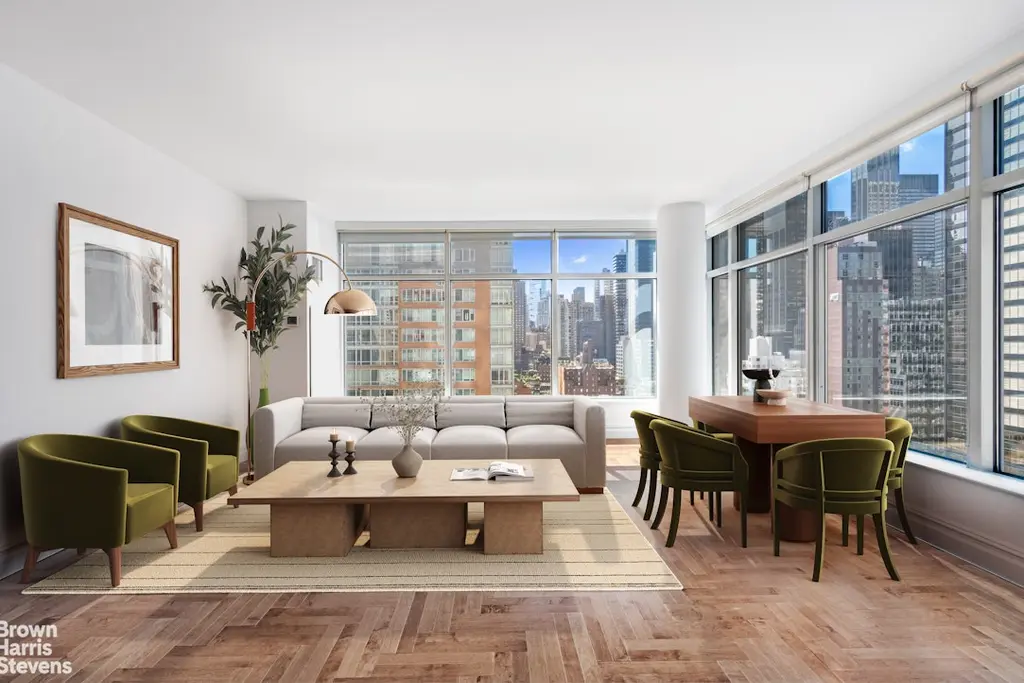
The Mondrian, #17ABC (Brown Harris Stevens Residential Sales LLC)
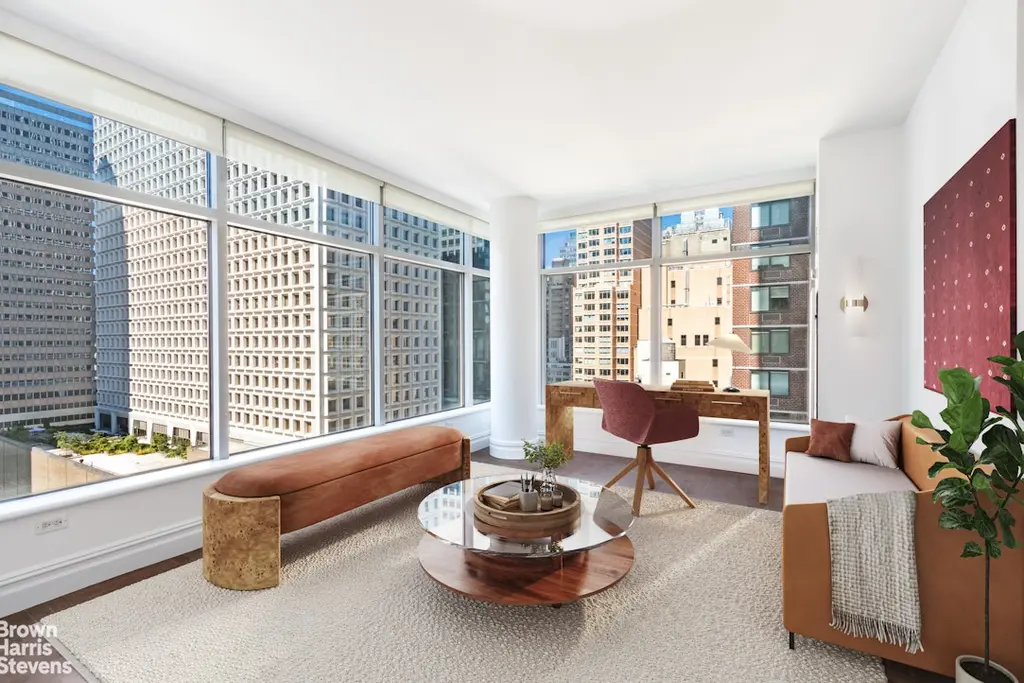
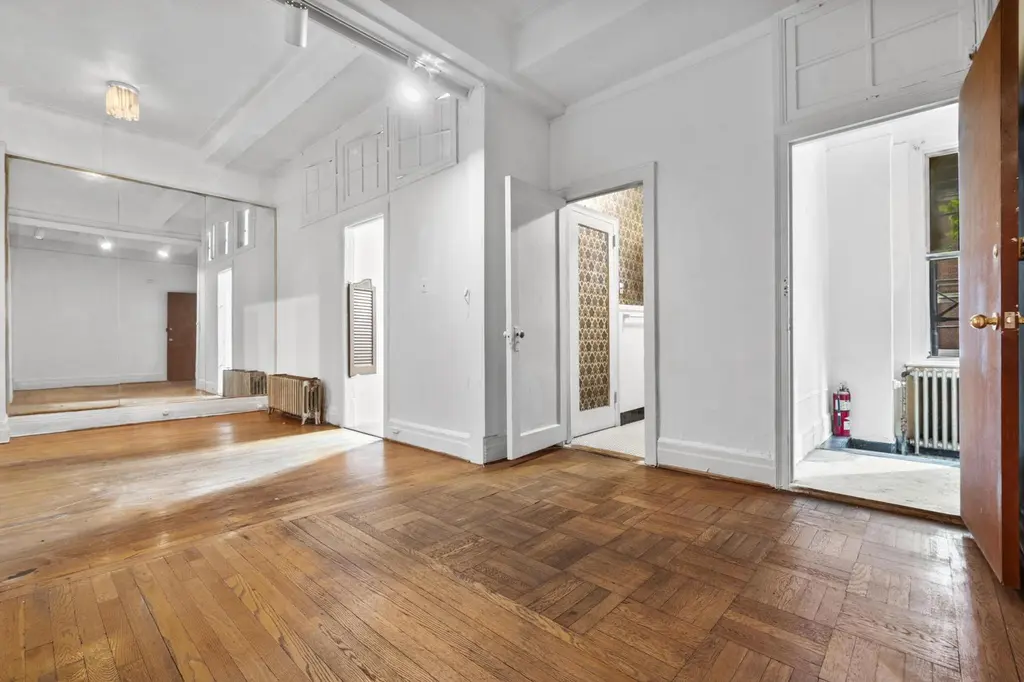
The Belvoir, #1A (Sloyer Real Estate Corp)
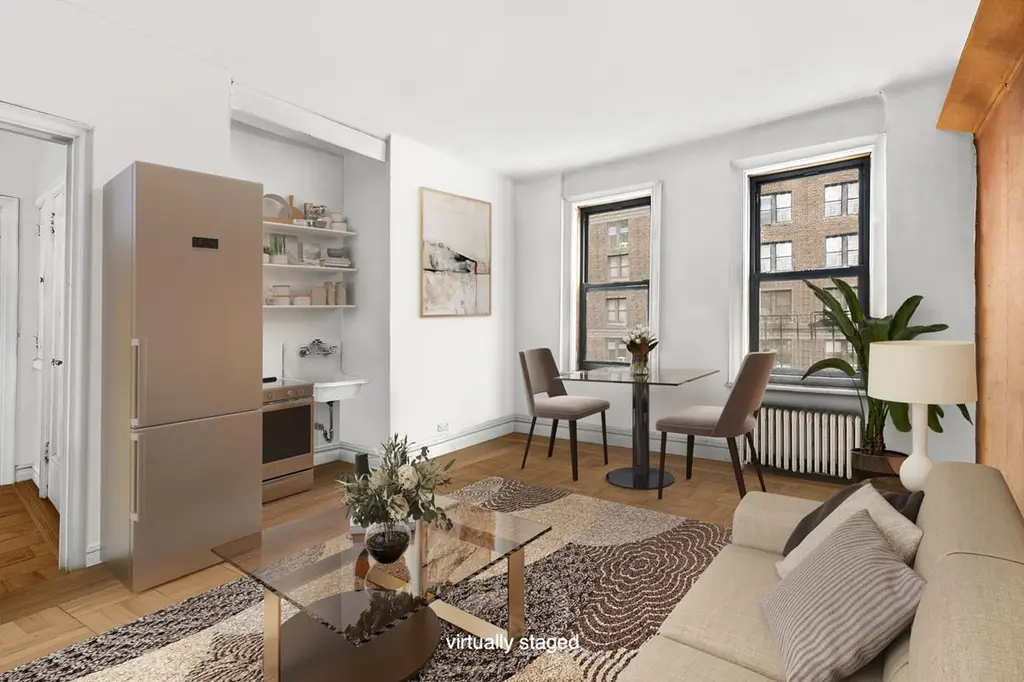
741 West End Avenue, #4B (William Raveis New York City LLC)
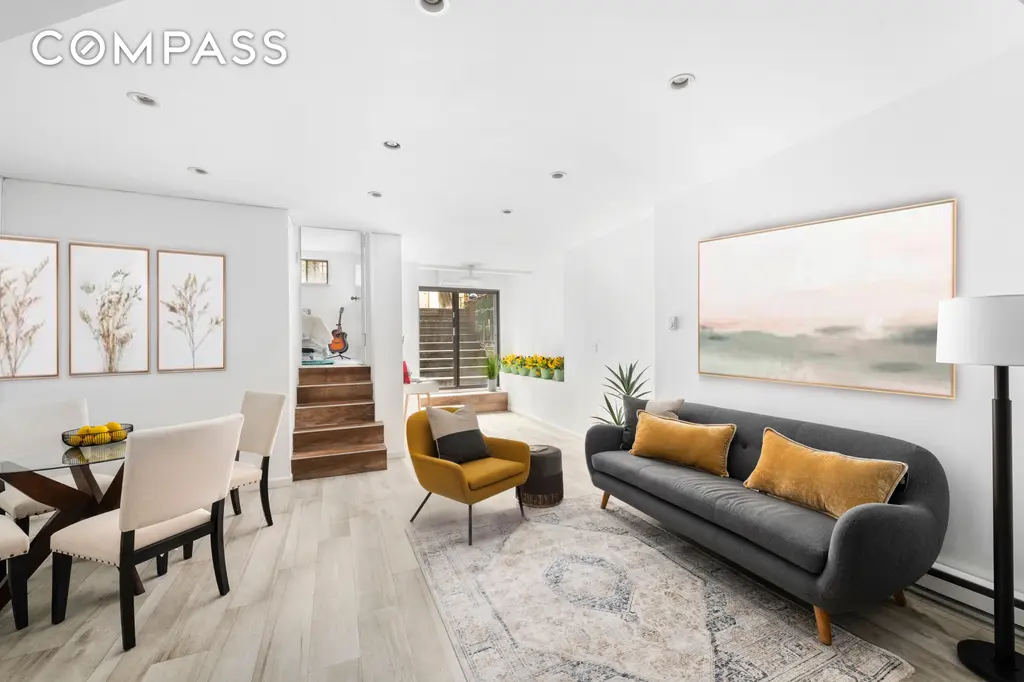
309 West 82nd Street, #C (Compass)
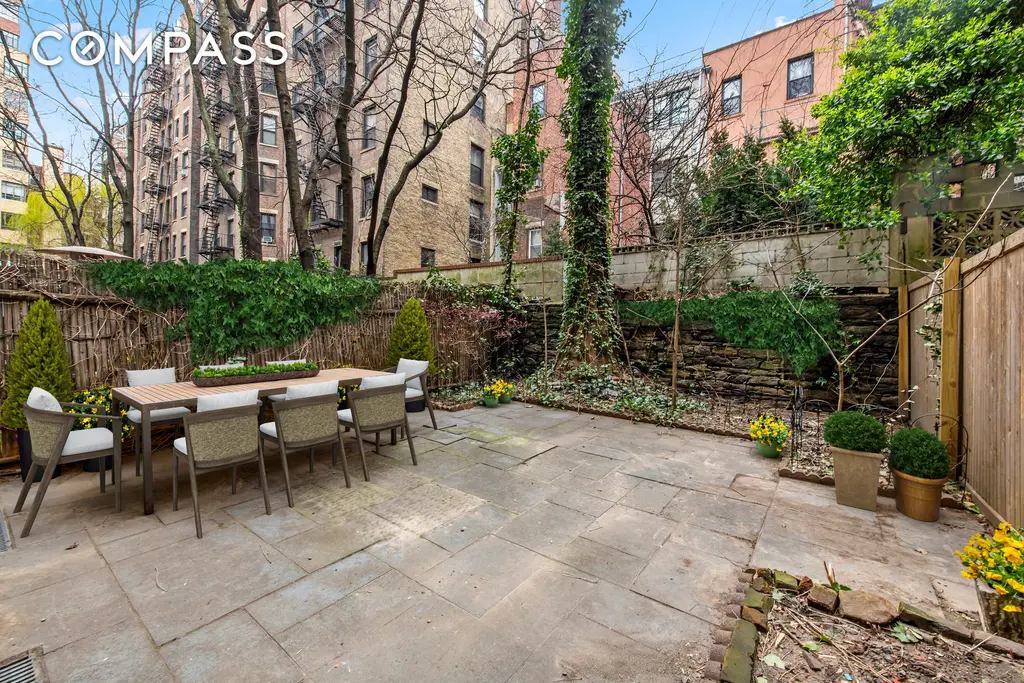
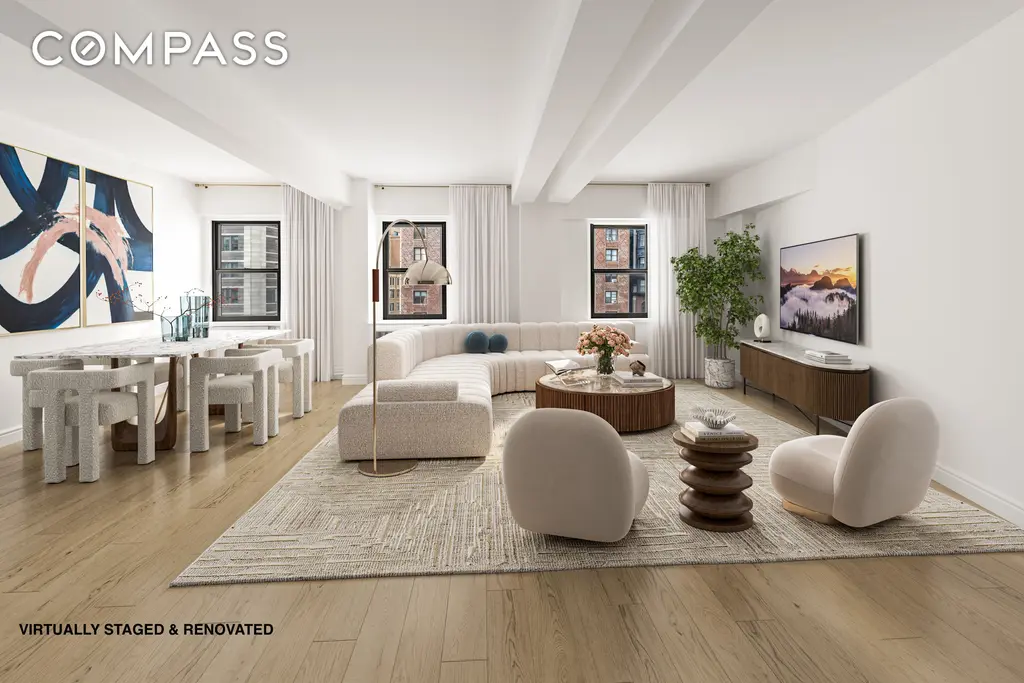
The Opera, #7A (Compass)
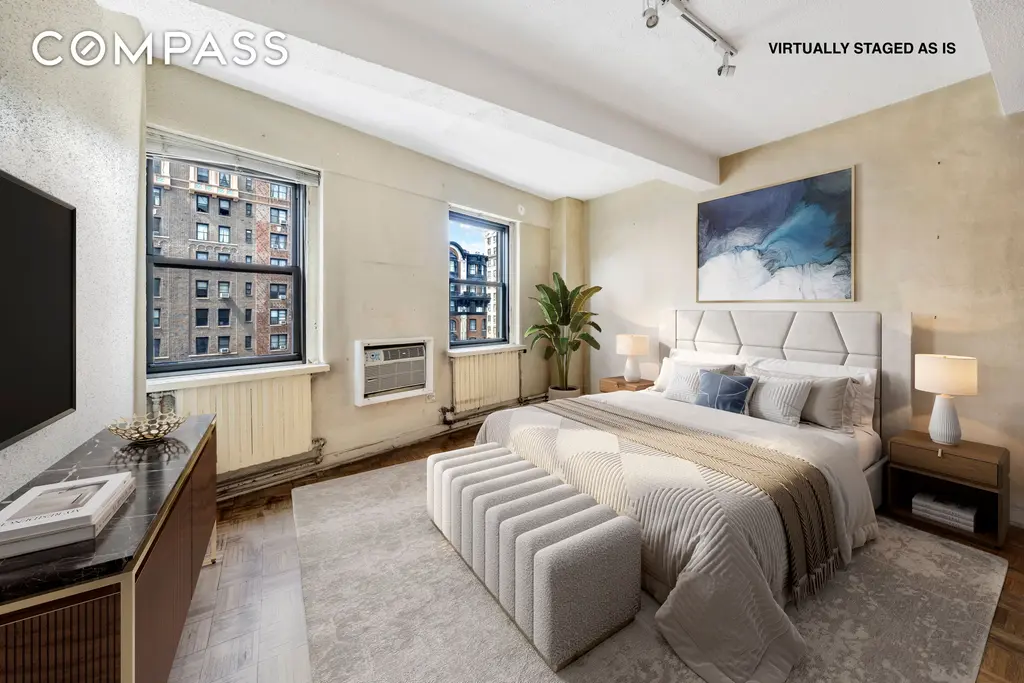
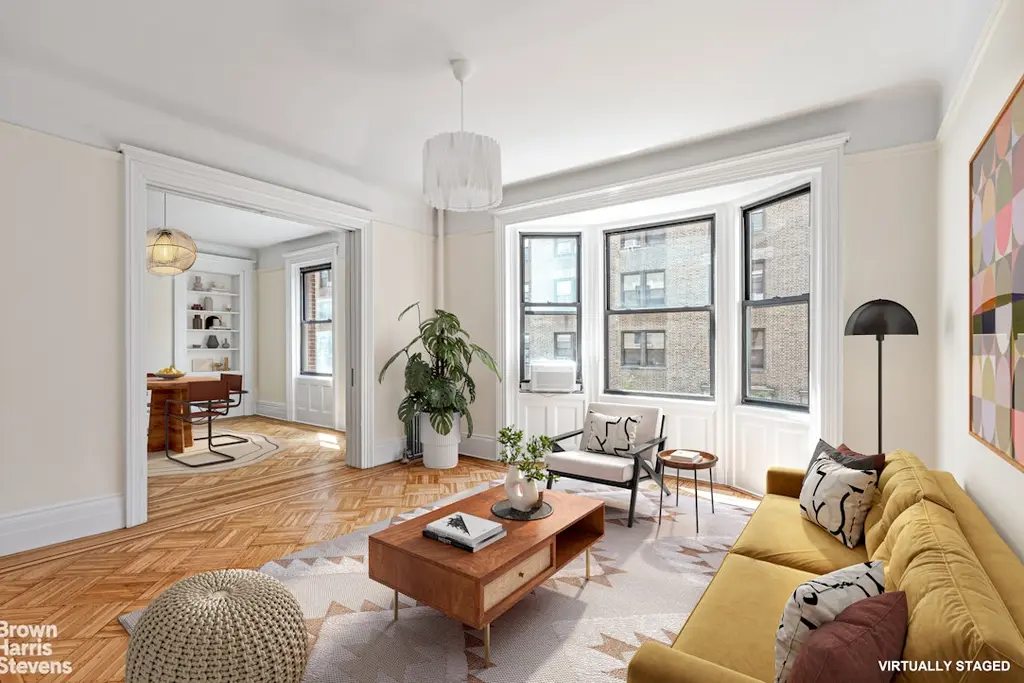
The Markenfield, #41 (Brown Harris Stevens Residential Sales LLC)
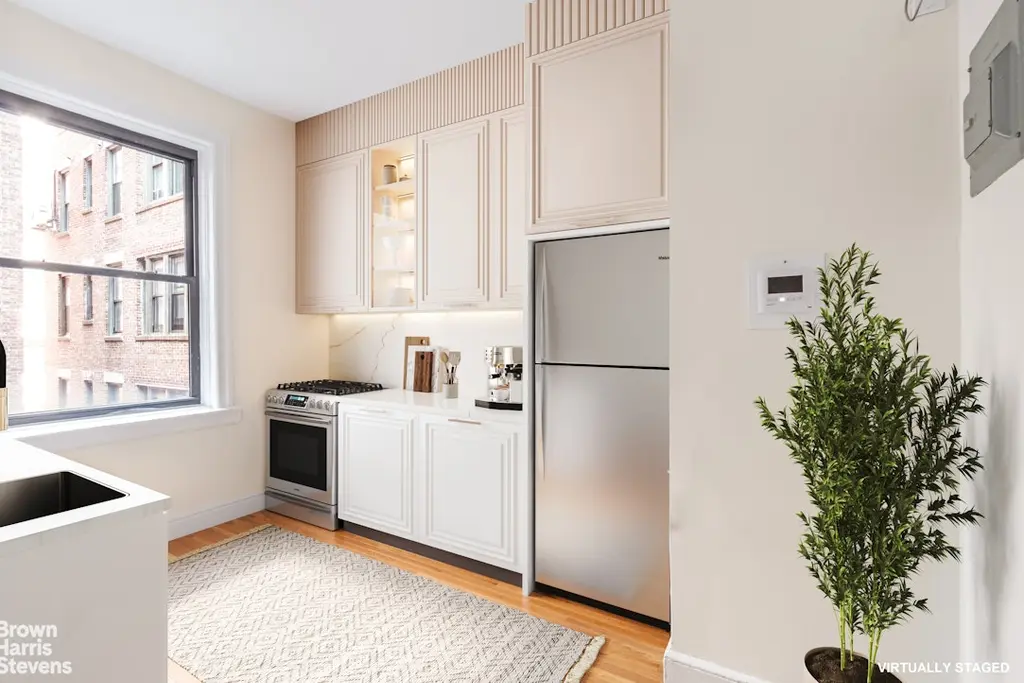
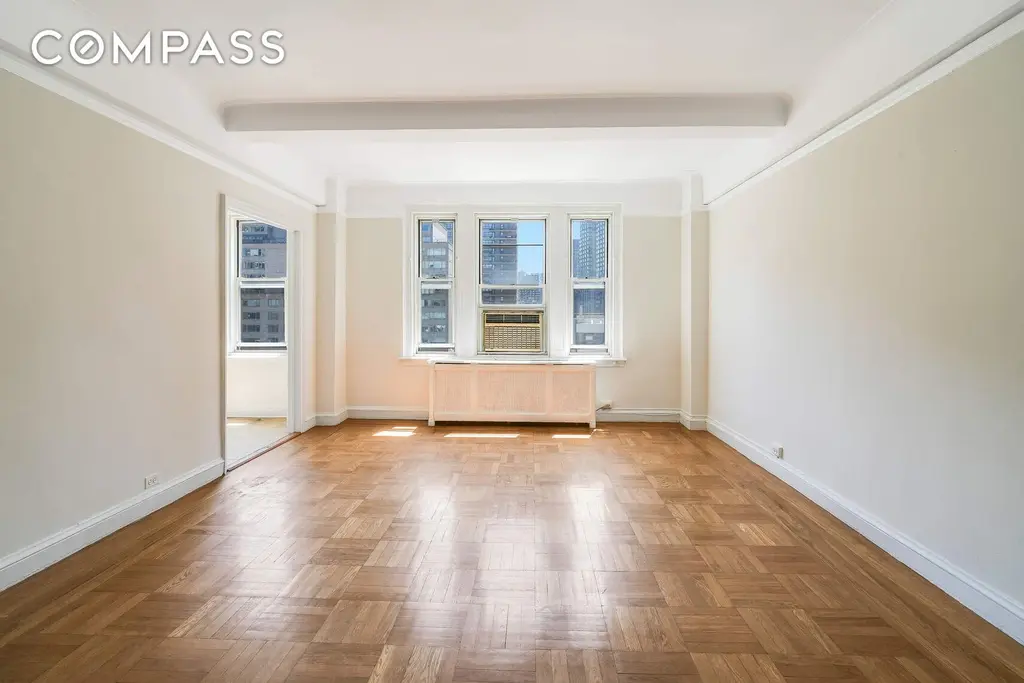
330 West 72nd Street, #8D (Compass)
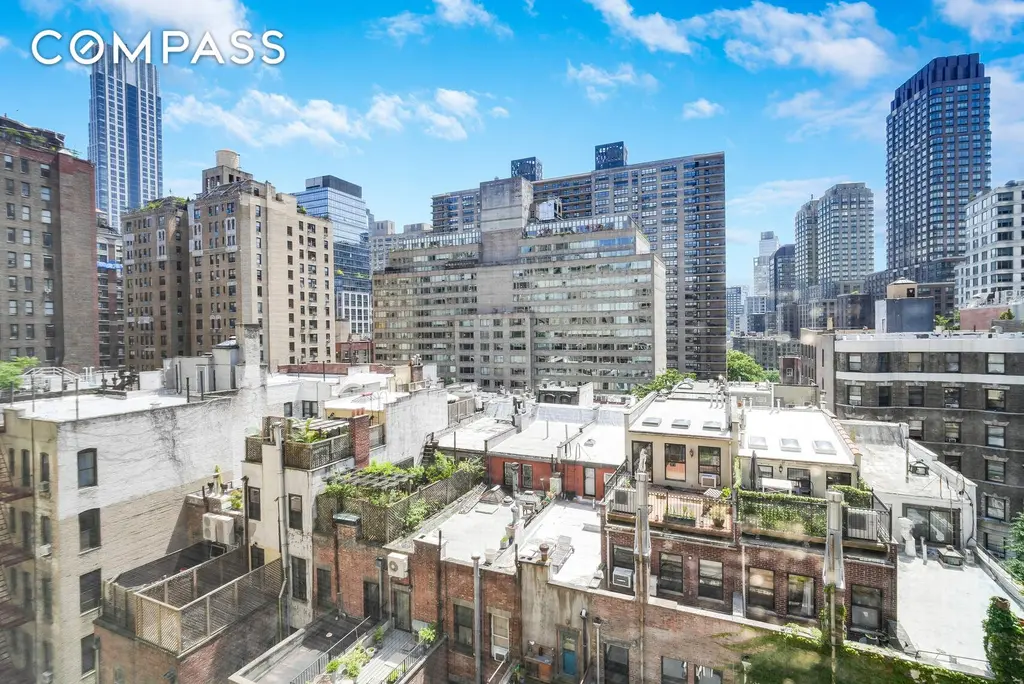
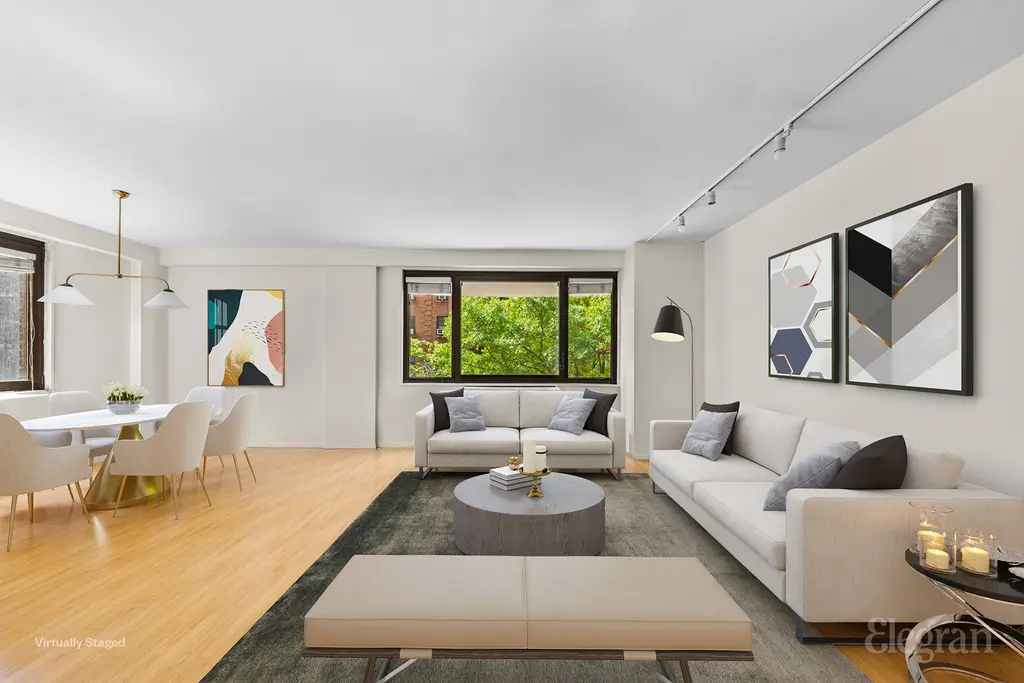
Park Ten, #3G (Elegran LLC)
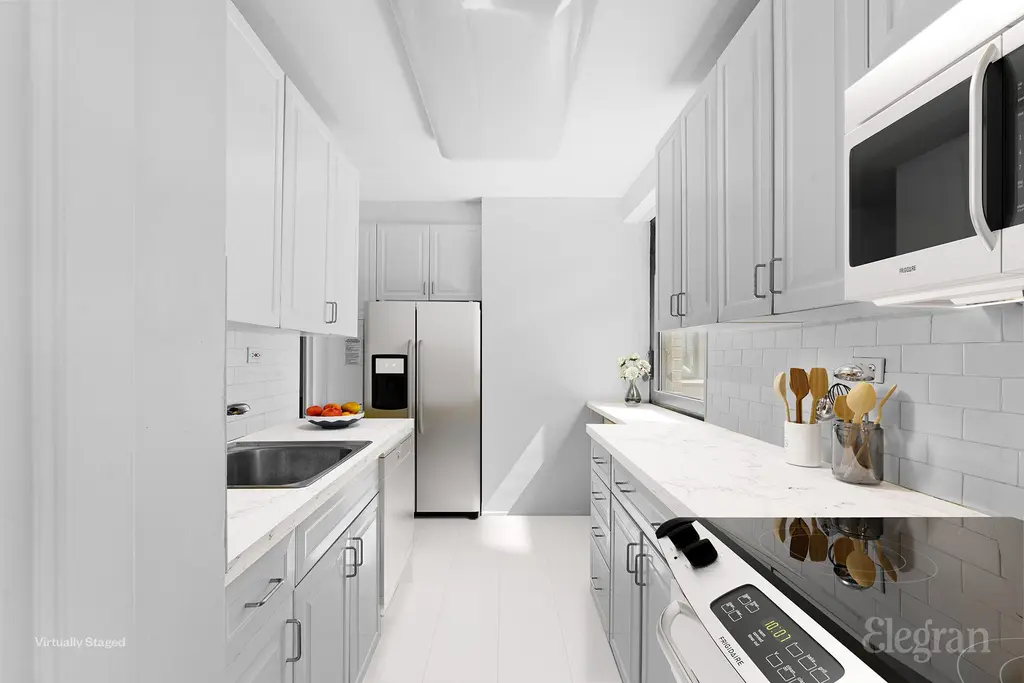
The Normandy, #17NL
$3,700,000
Riverside Dr./West End Ave. | Cooperative | 4 Bedrooms, 3 Baths | 2,400 ft2
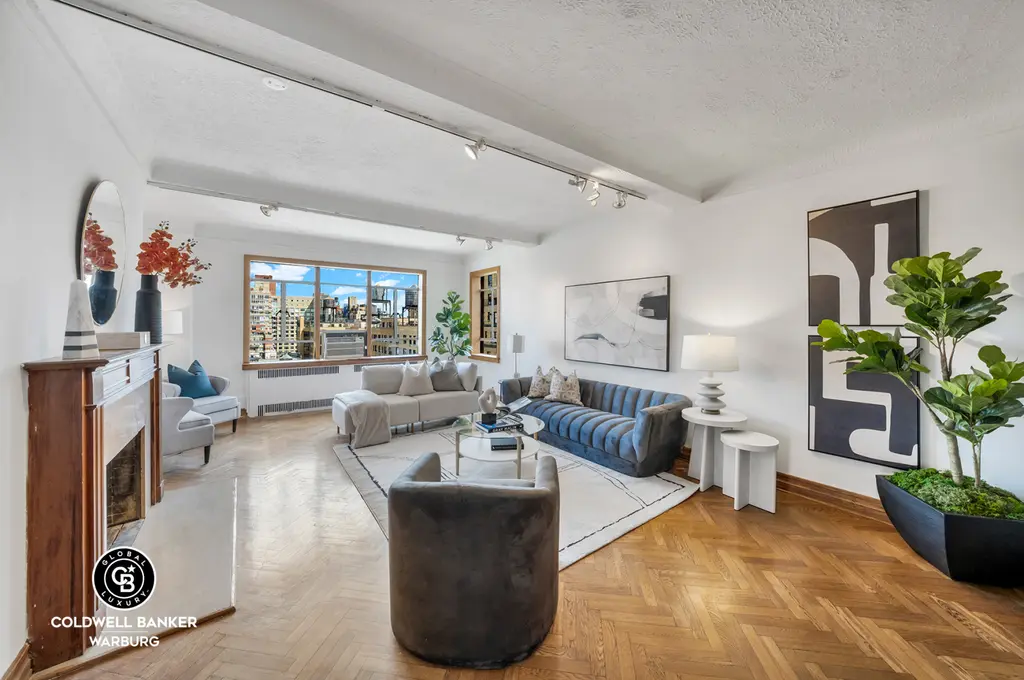
The Normandy, #17NL (Coldwell Banker Warburg)
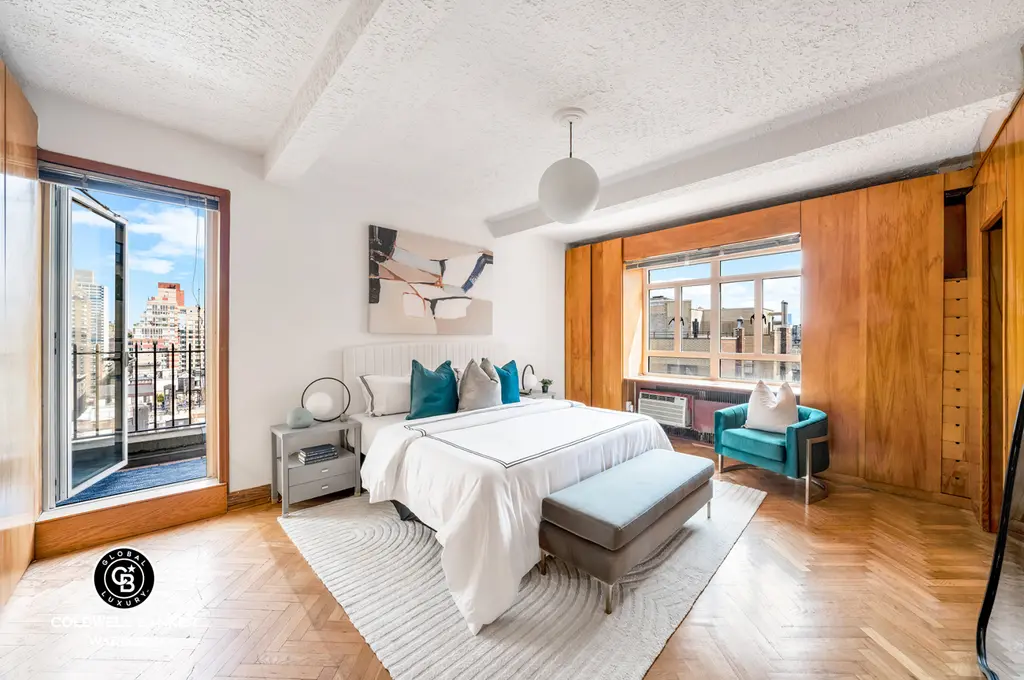
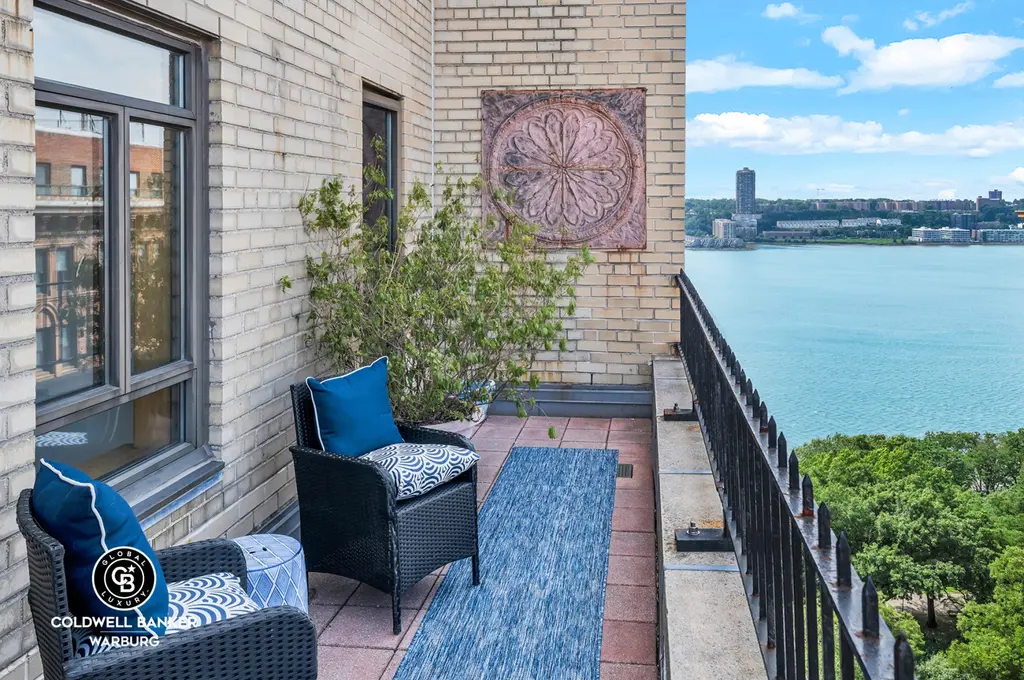
610 West End Avenue, #7C
$3,250,000 (-13.3%)
Riverside Dr./West End Ave. | Cooperative | 4 Bedrooms, 3 Baths | 2,600 ft2
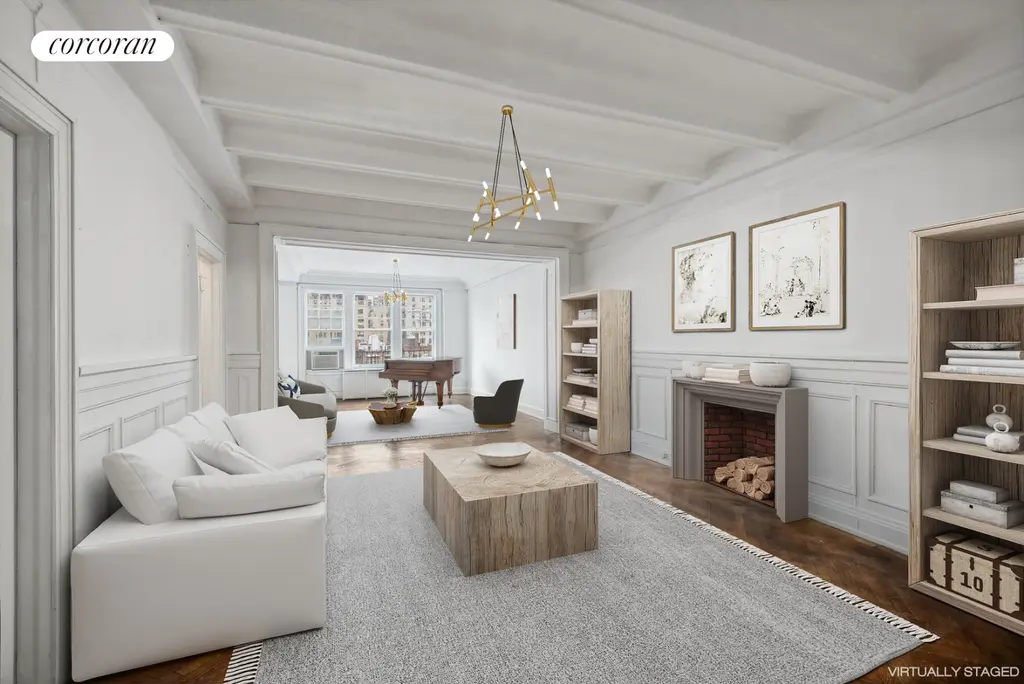
610 West End Avenue, #7C (Corcoran Group)
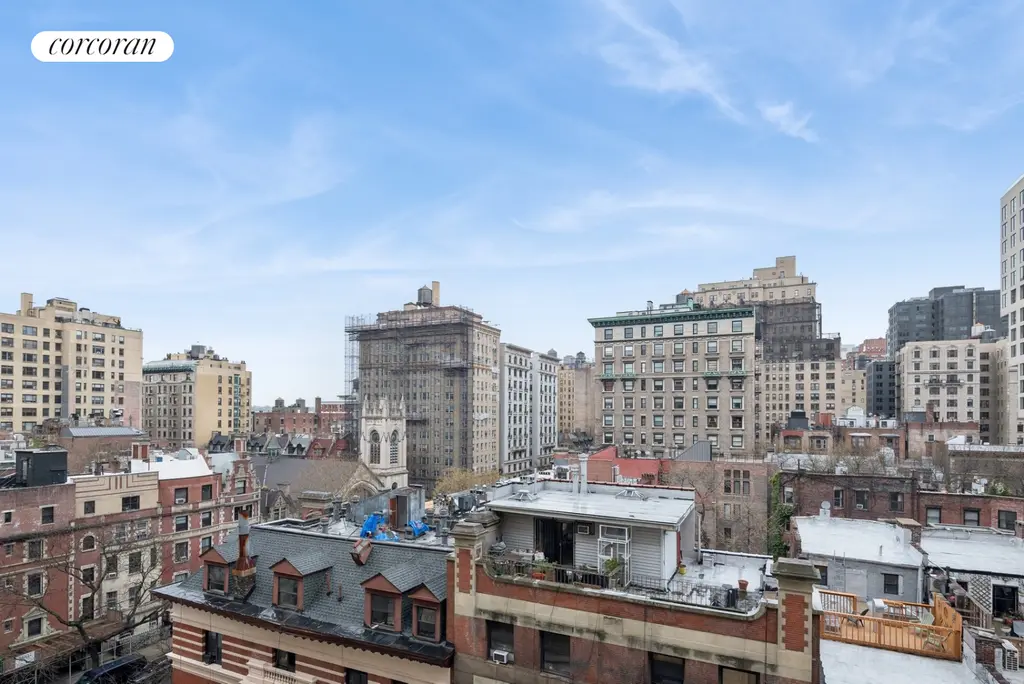
240 West End Avenue, #PH
$5,875,000
Broadway Corridor | Condominium | 6+ Bedrooms, 4.5 Baths | 3,800 ft2
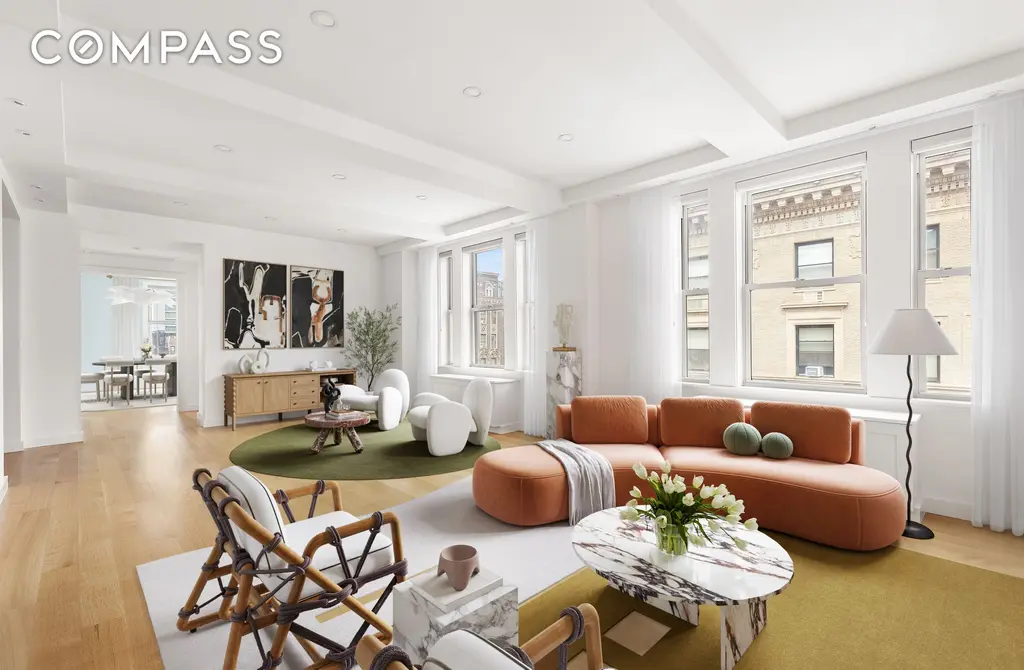
240 West End Avenue, #PH (Compass)
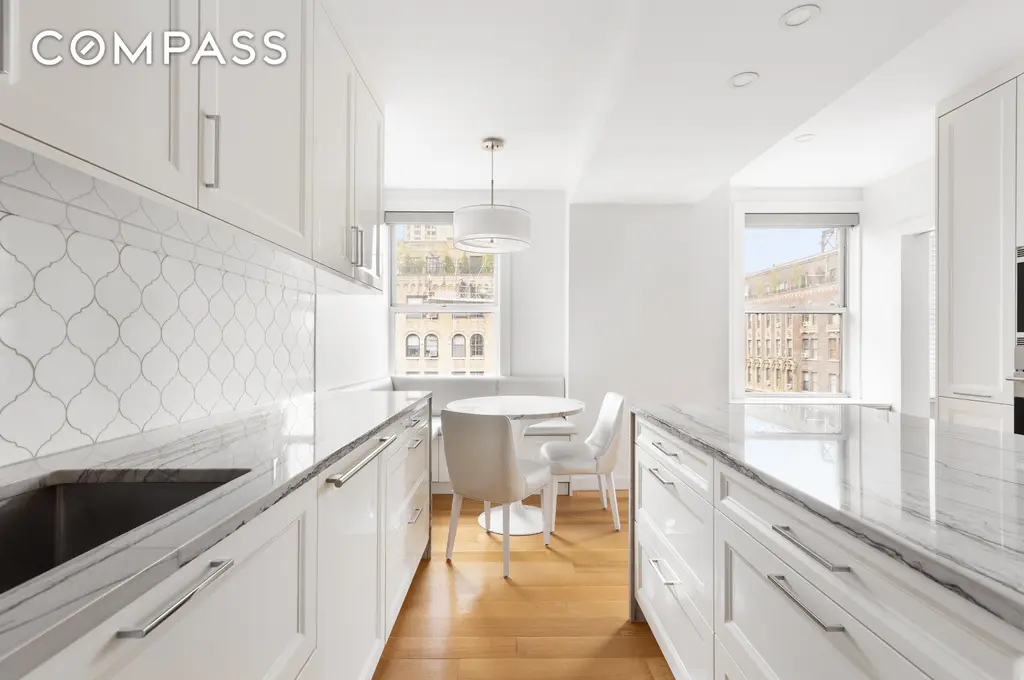
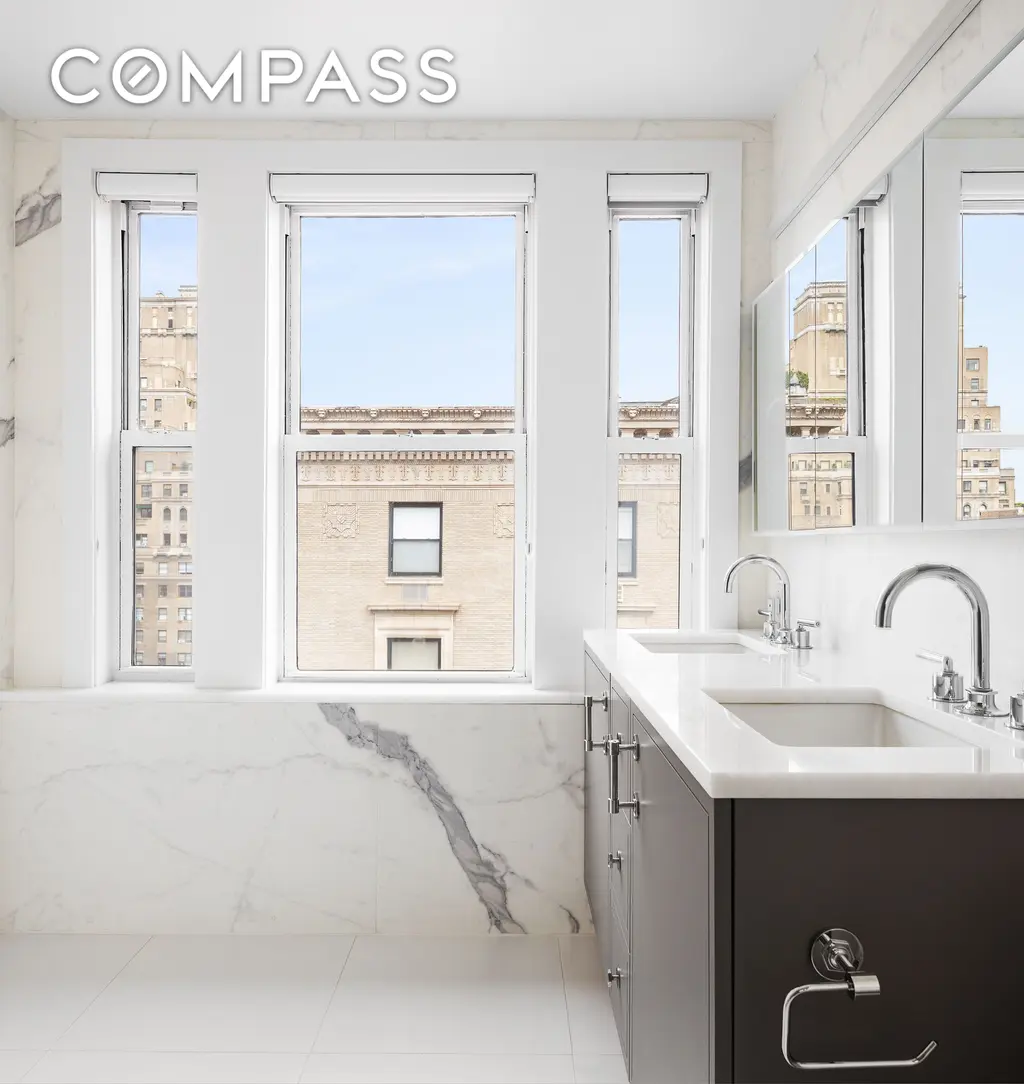
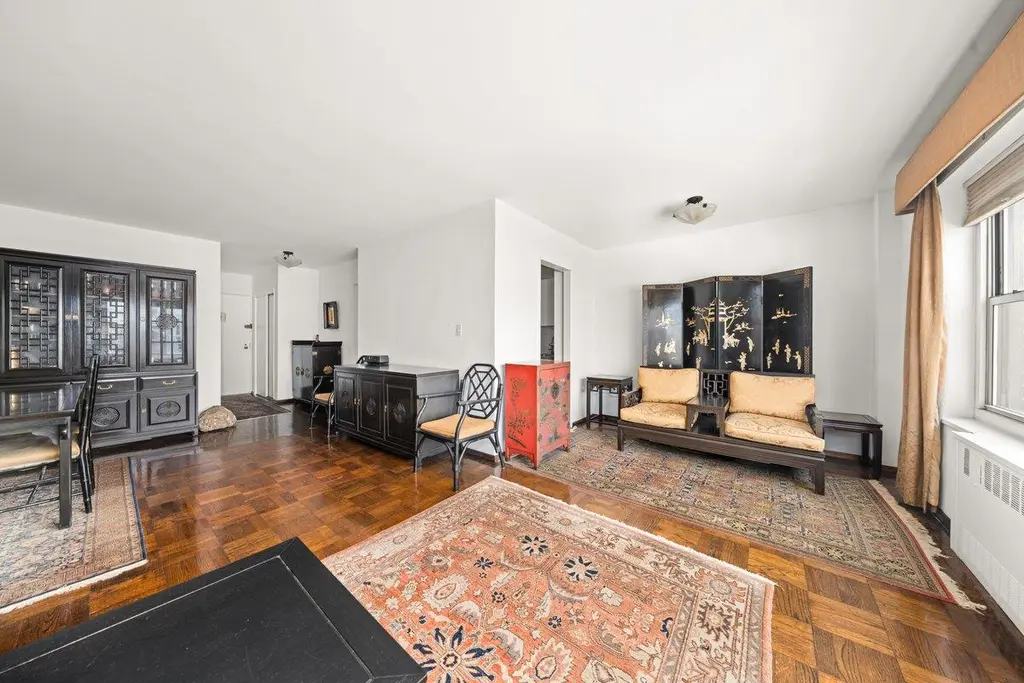
The Gregory House, #14J (SAMUEL REALTY GROUP LLC)
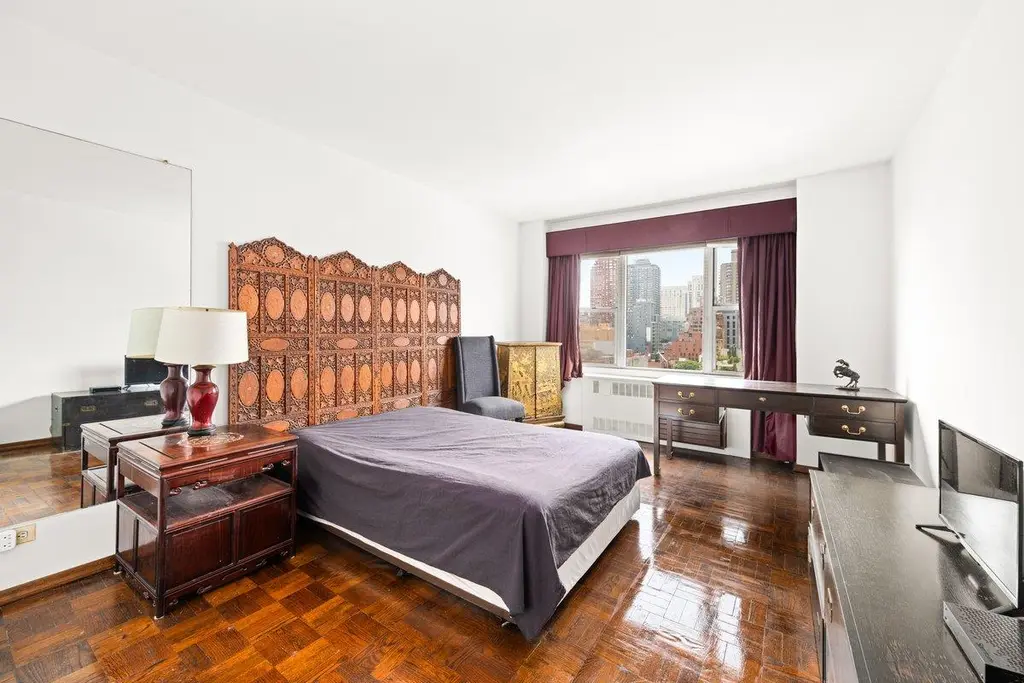
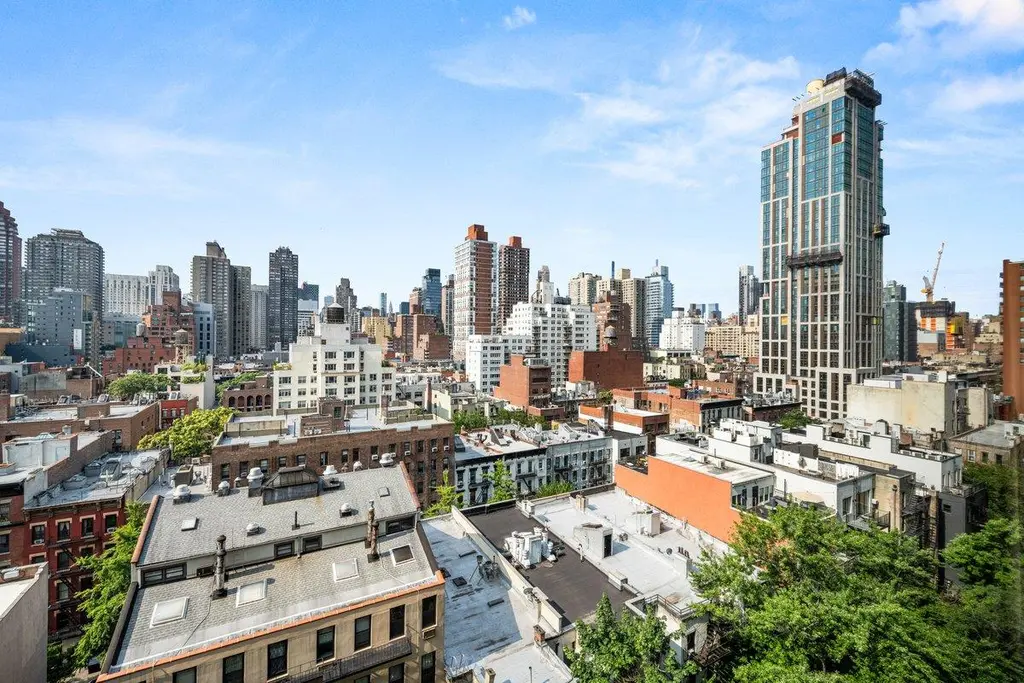
The Belgravia, #7A
$800,000
Park/Fifth Ave. to 79th St. | Condominium | 1 Bedroom, 1.5 Baths | 718 ft2
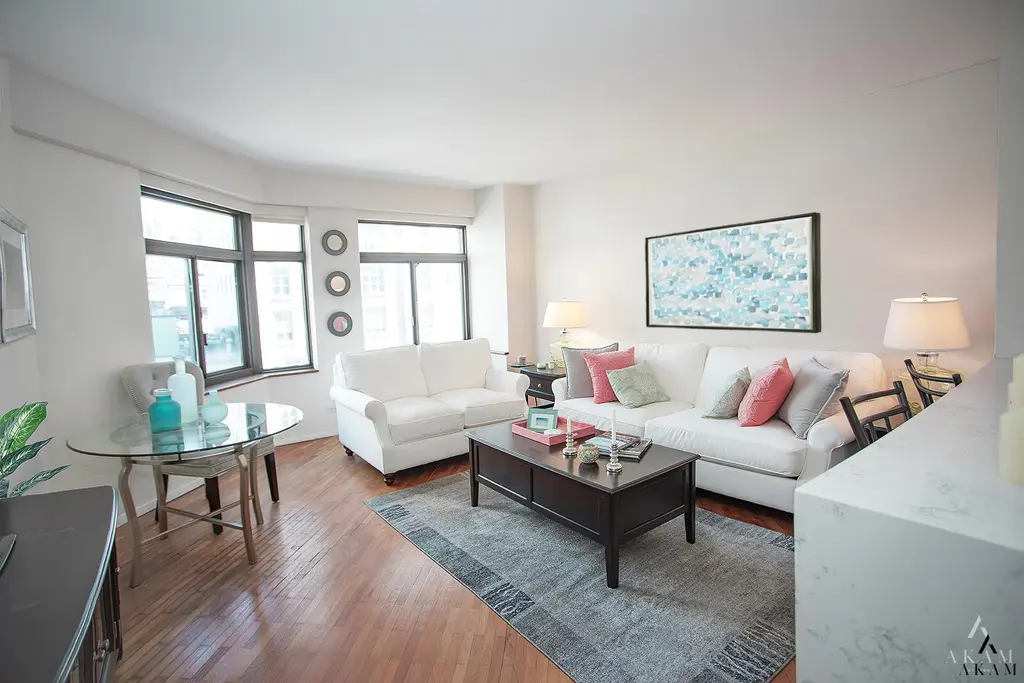
The Belgravia, #7A (Akam Sales & Brokerage Inc)
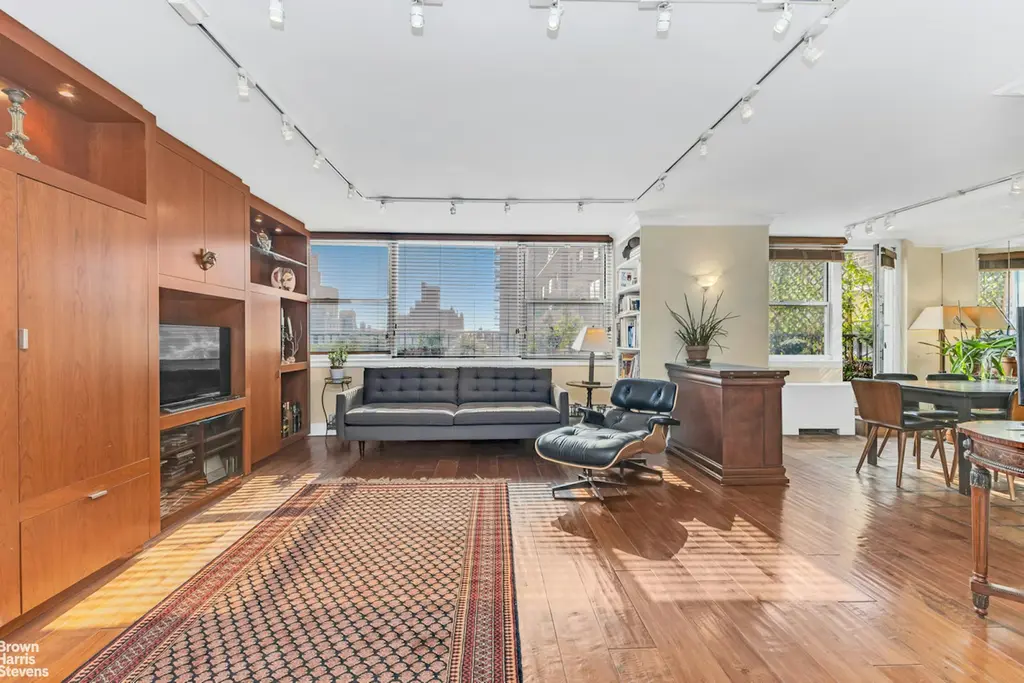
York Towers, #17E (Brown Harris Stevens Residential Sales LLC)
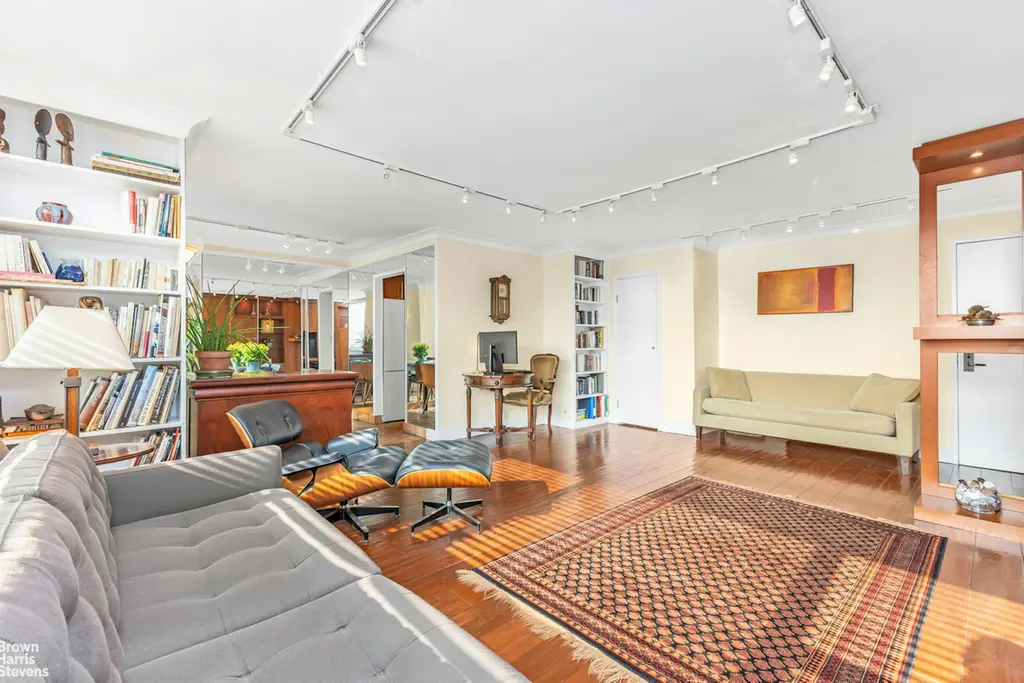
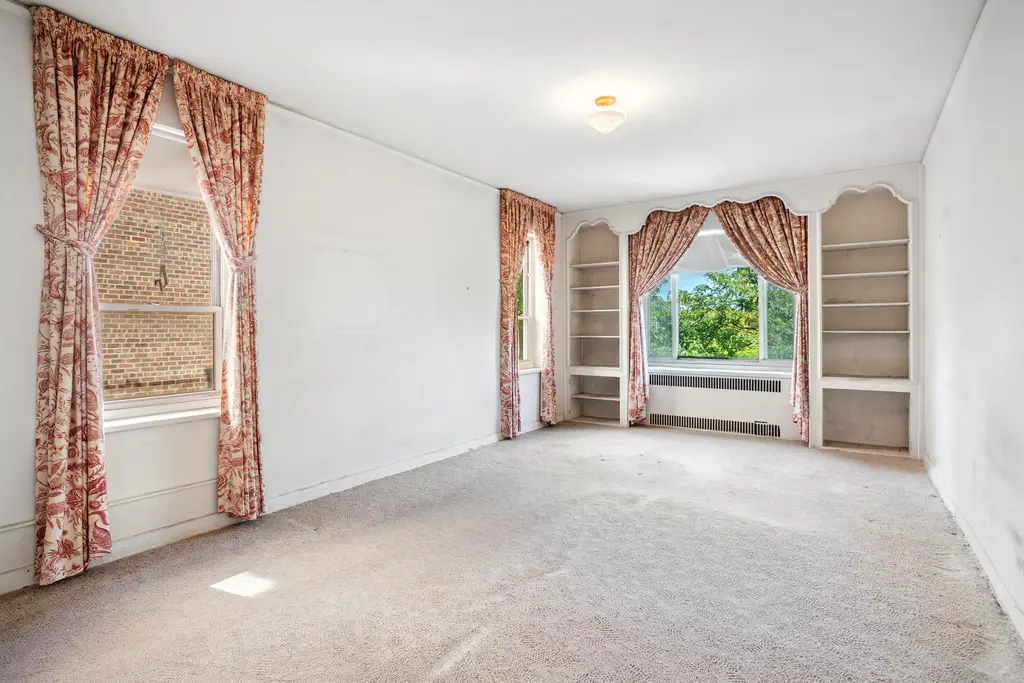
Gracie Gardens, #5K (Douglas Elliman Real Estate)
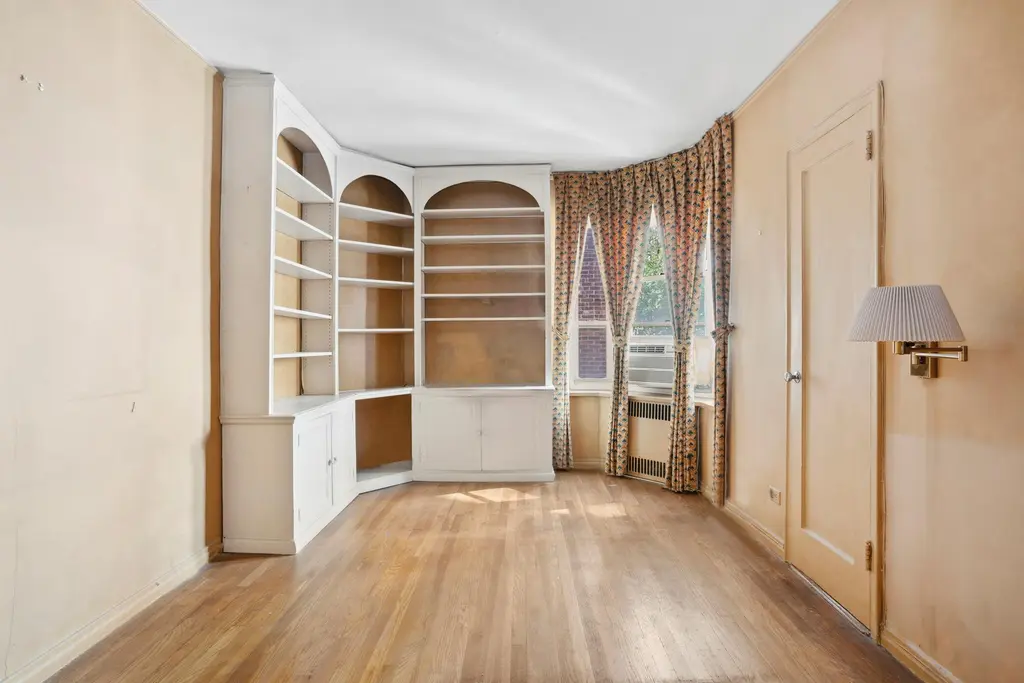
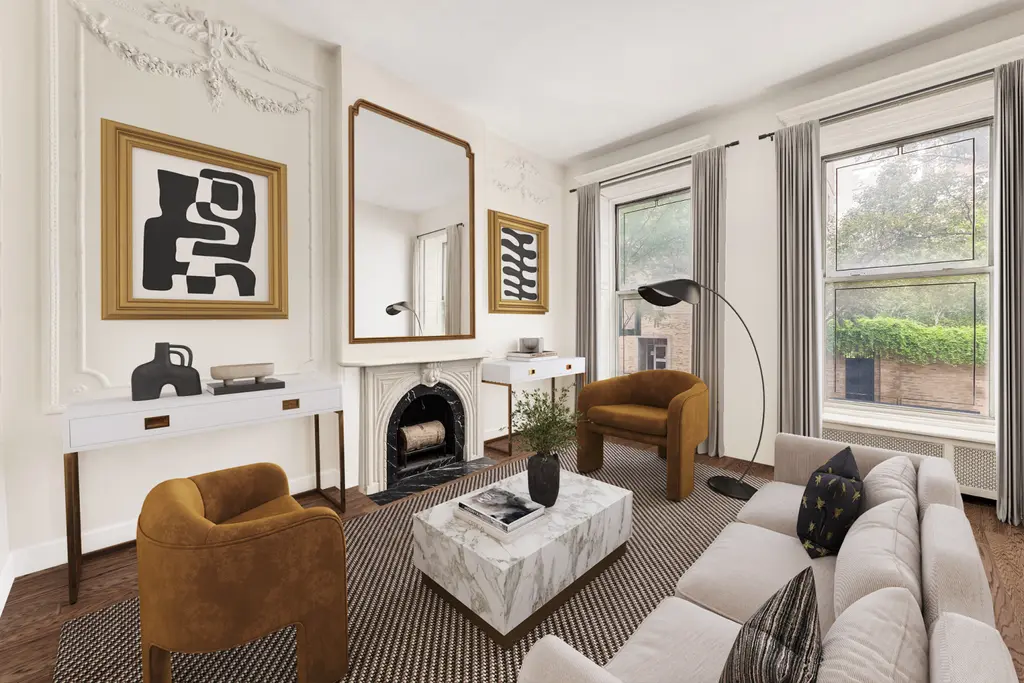
48 East 83rd Street, #2R (Serhant LLC)

30 East 76th Street, #15AB
$3,500,000
Park/Fifth Ave. to 79th St. | Condominium | 4 Bedrooms, 4 Baths | 2,240 ft2
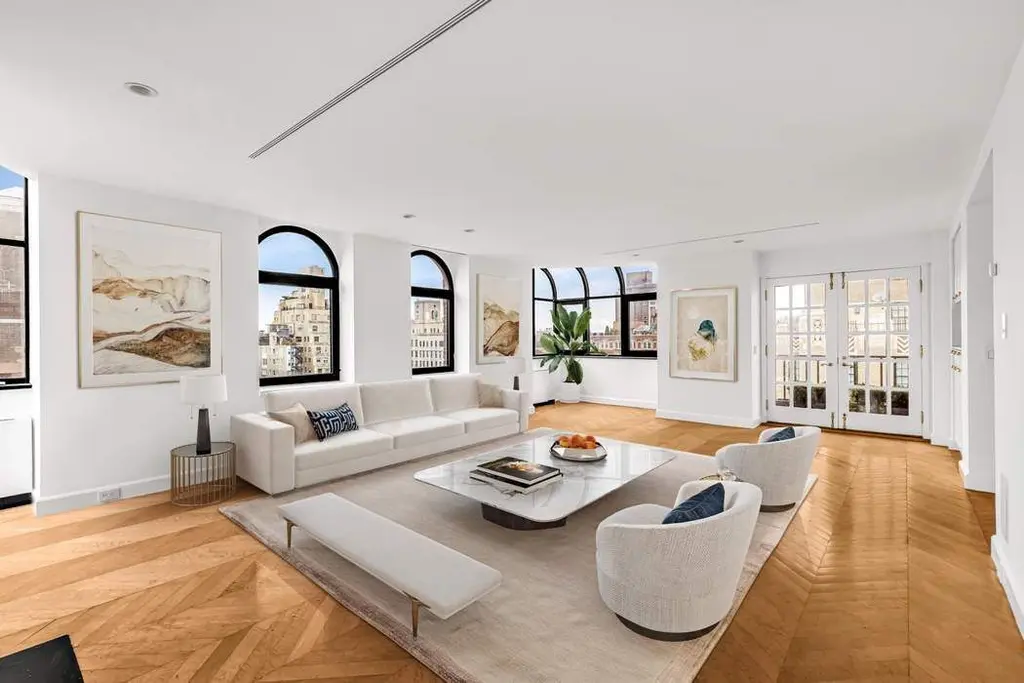
30 East 76th Street, #15AB (Sothebys International Realty)
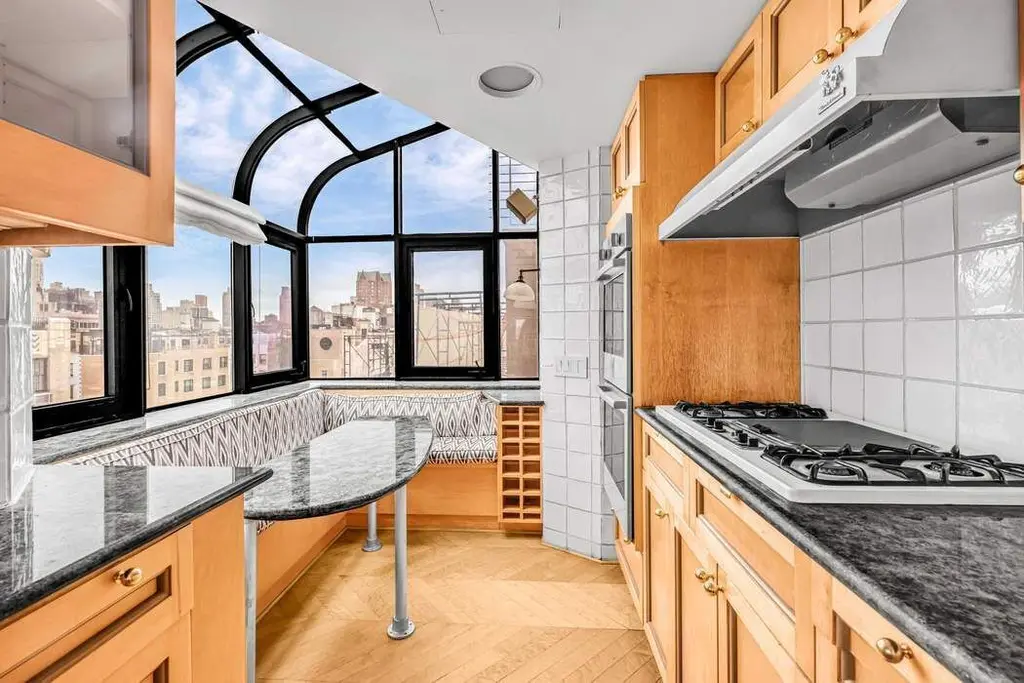
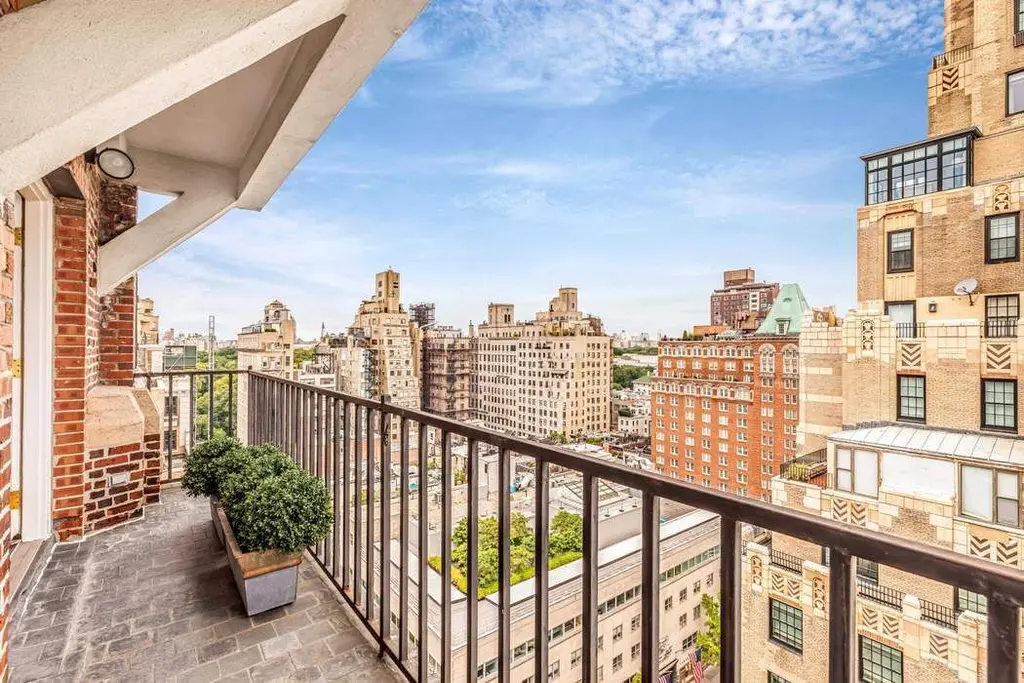
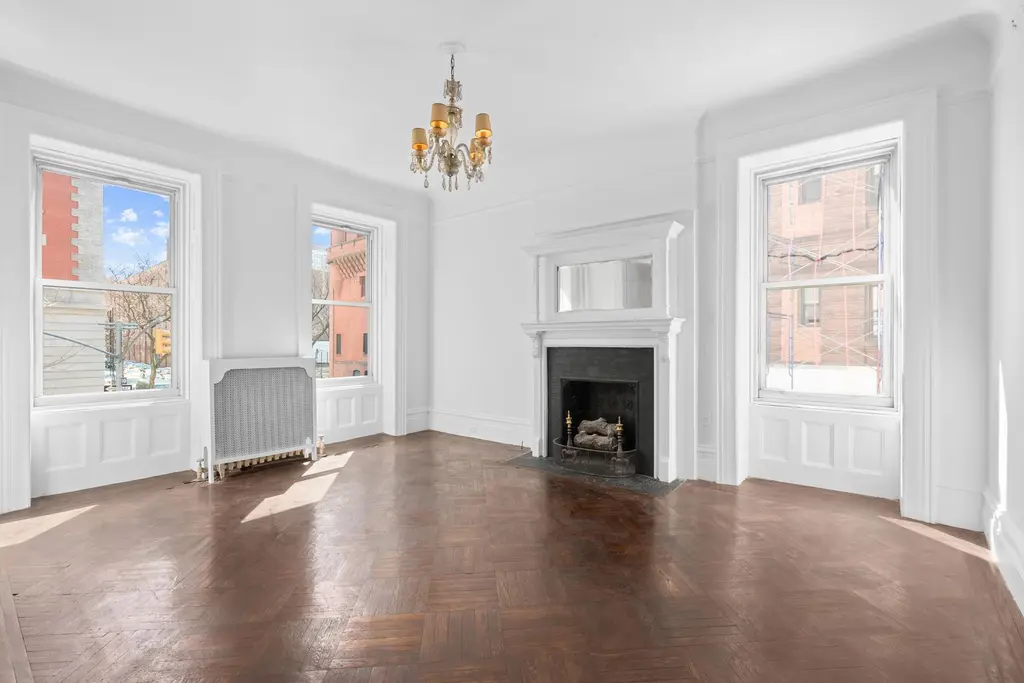
The Woodbury, #2E (Douglas Elliman Real Estate)

146 East 89th Street, # (Compass)


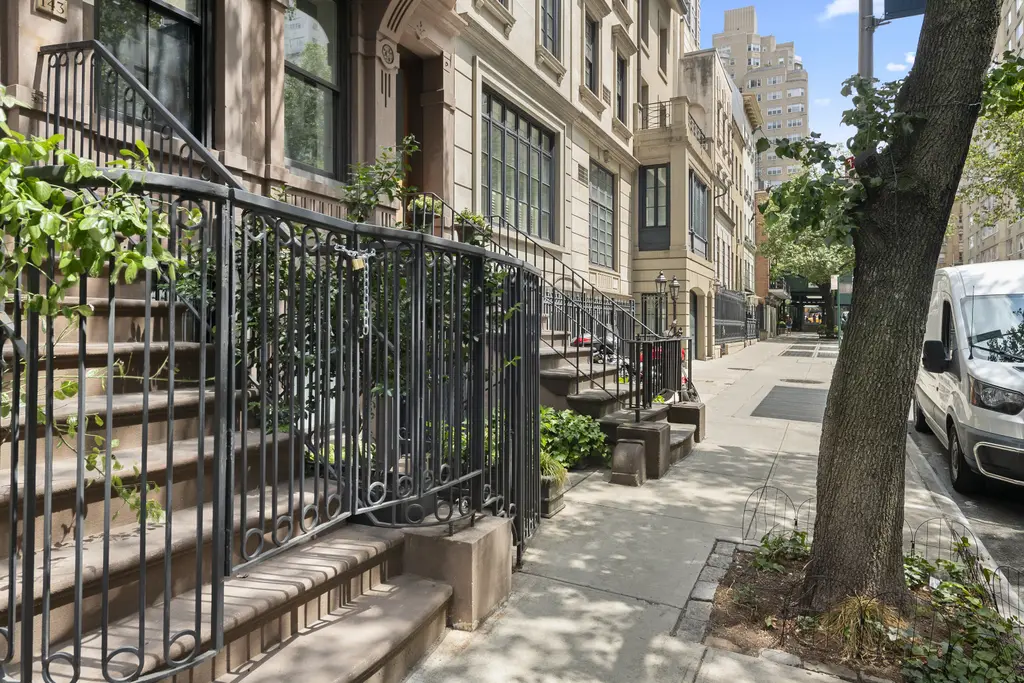
141 East 63rd Street, # (Serhant LLC)
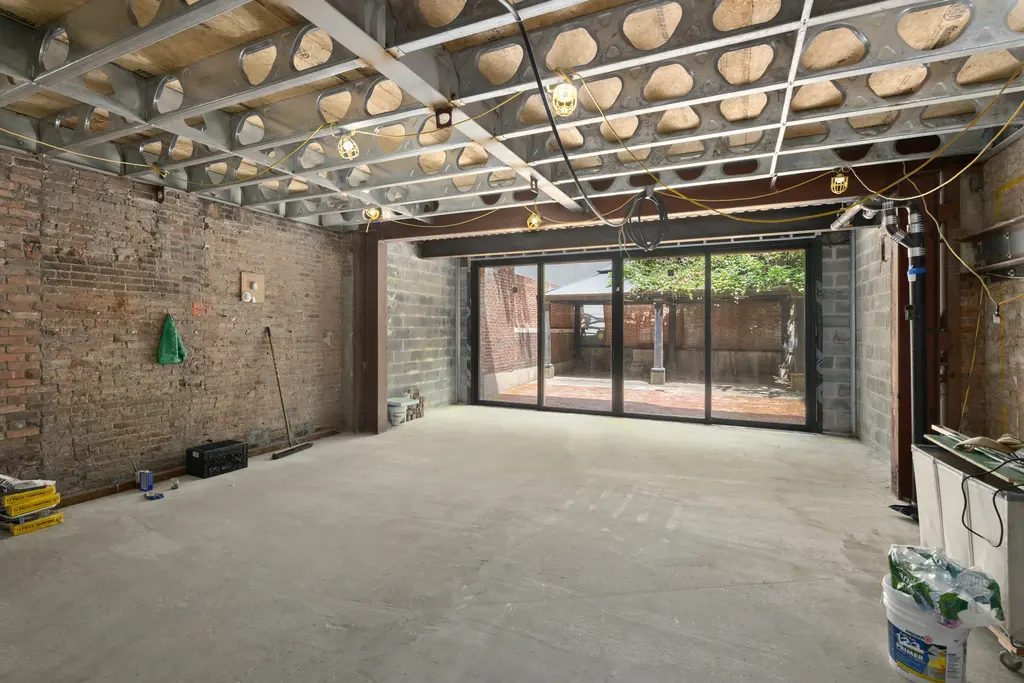
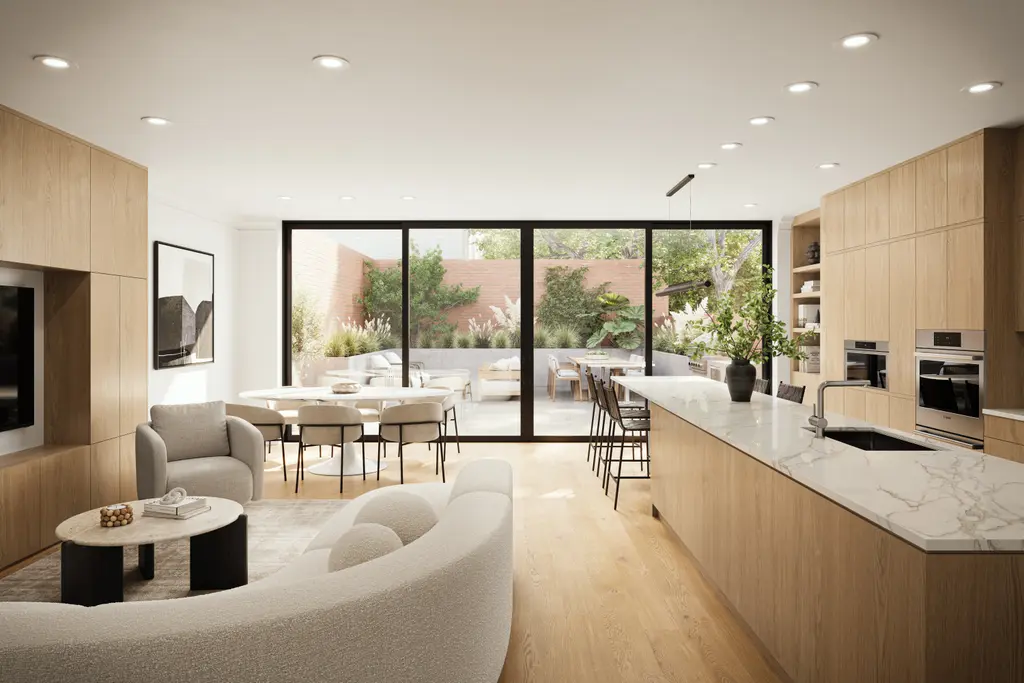
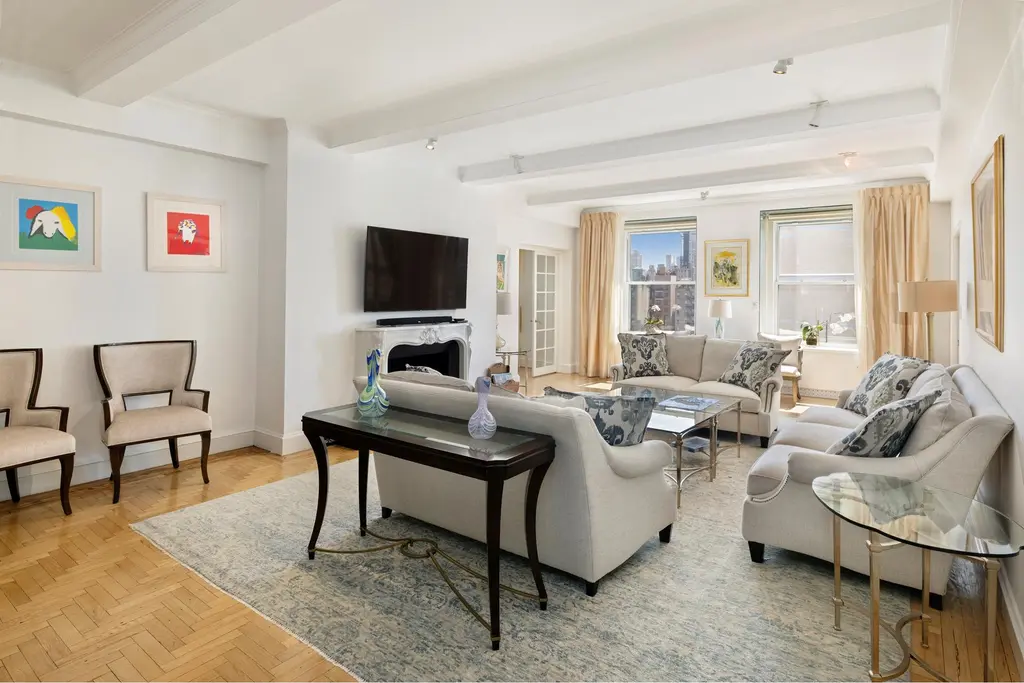
1010 Fifth Avenue, #13A (Douglas Elliman Real Estate)
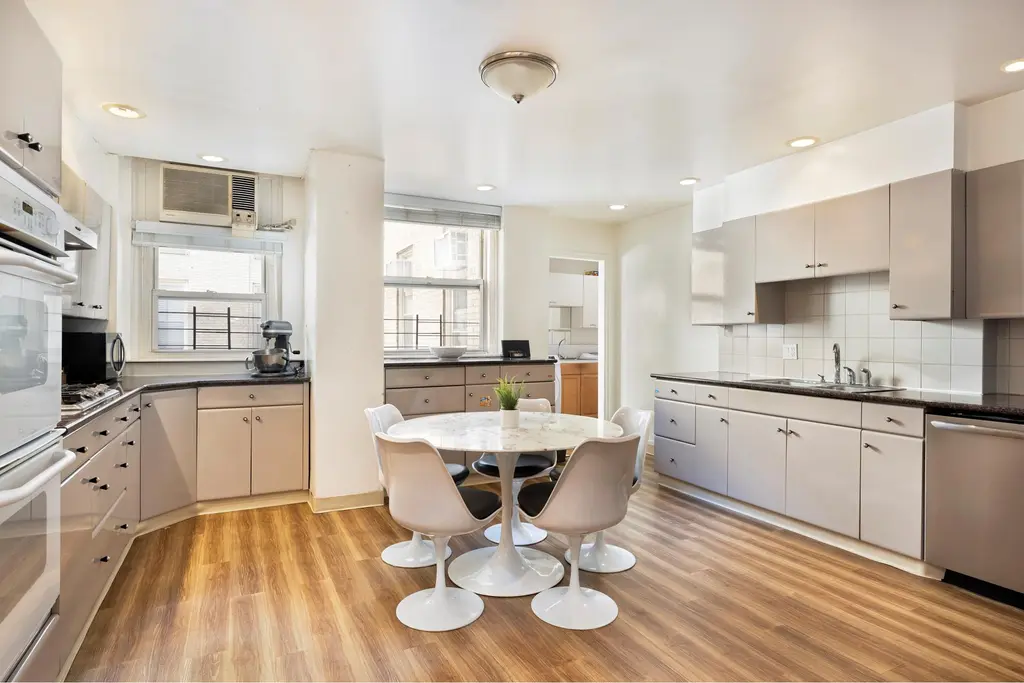
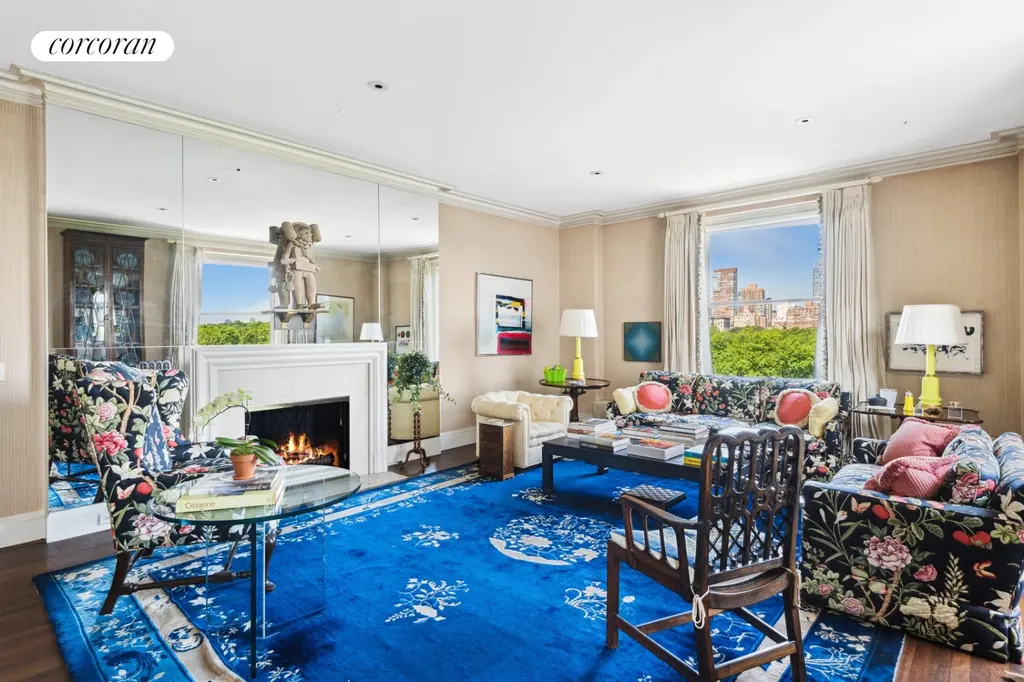
920 Fifth Avenue, #8A (Corcoran Group)
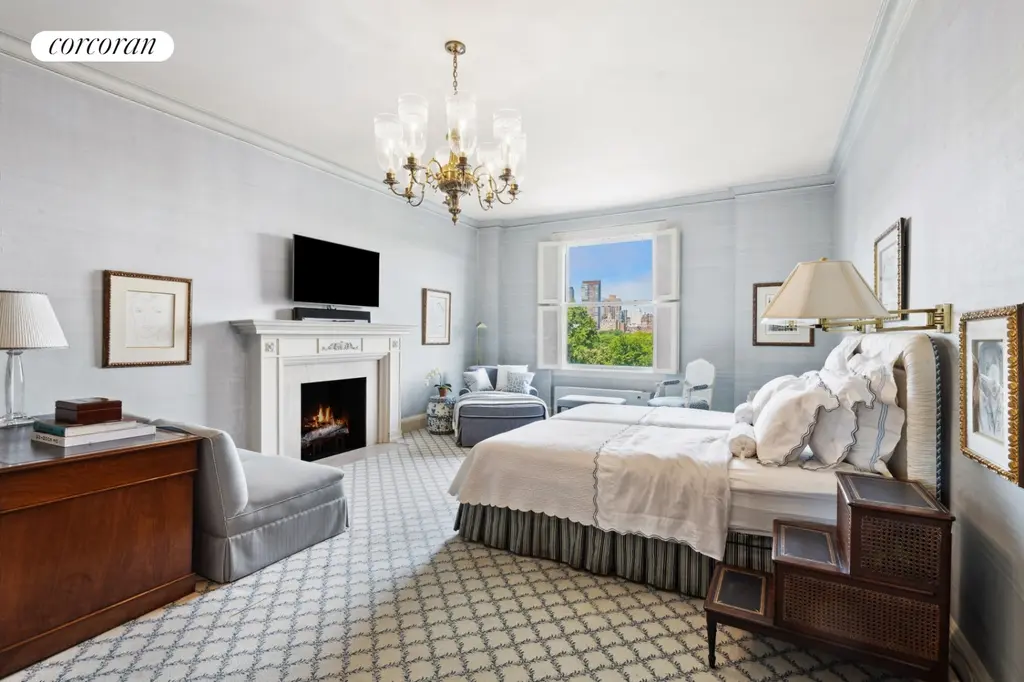

The Sherry Netherland, #18thFloor
$24,000,000
Park/Fifth Ave. to 79th St. | Cooperative | 6+ Bedrooms, 6+ Baths
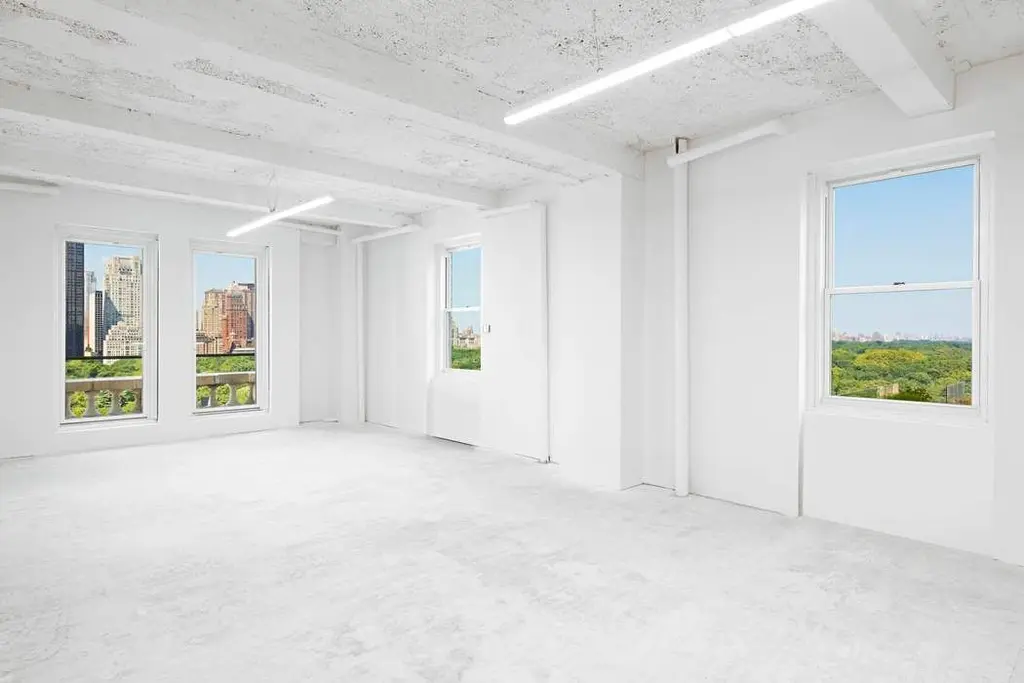
The Sherry Netherland, #18thFloor (Sothebys International Realty)
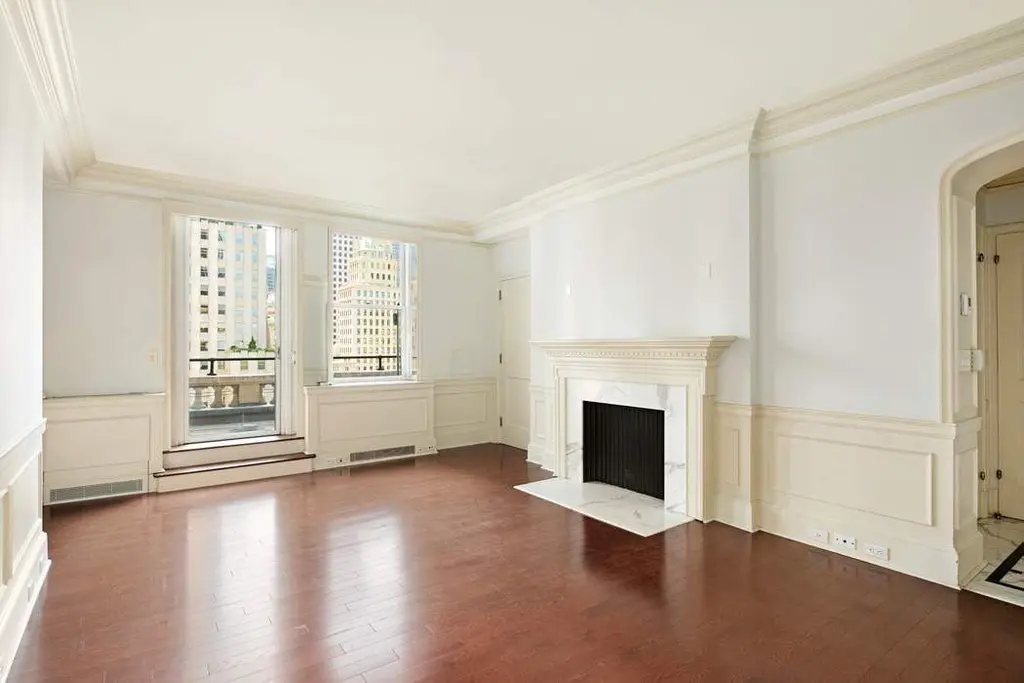
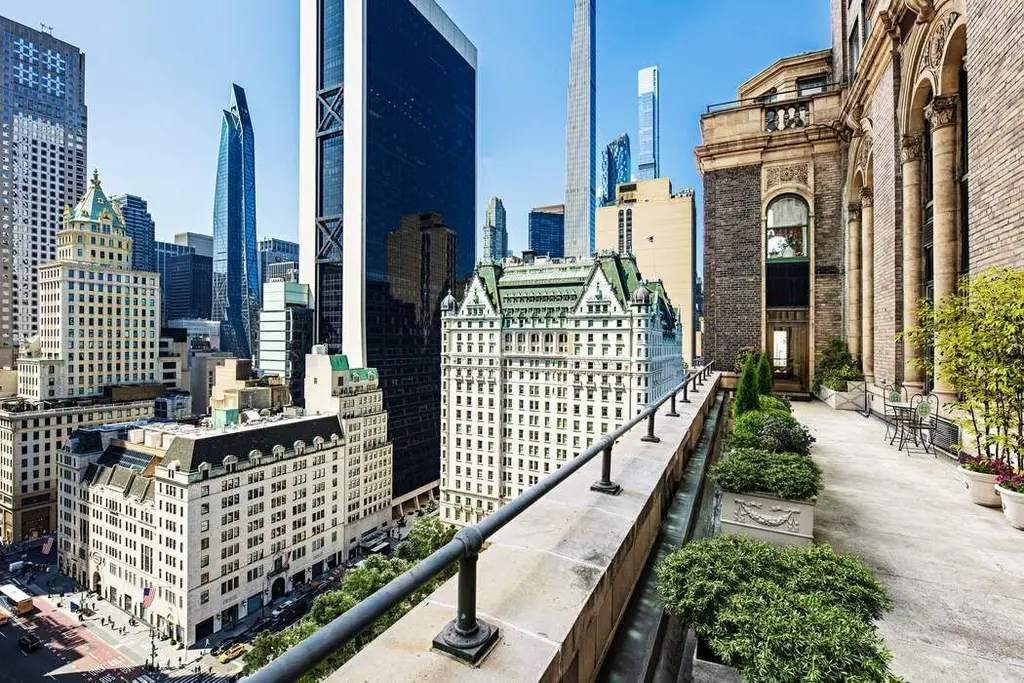
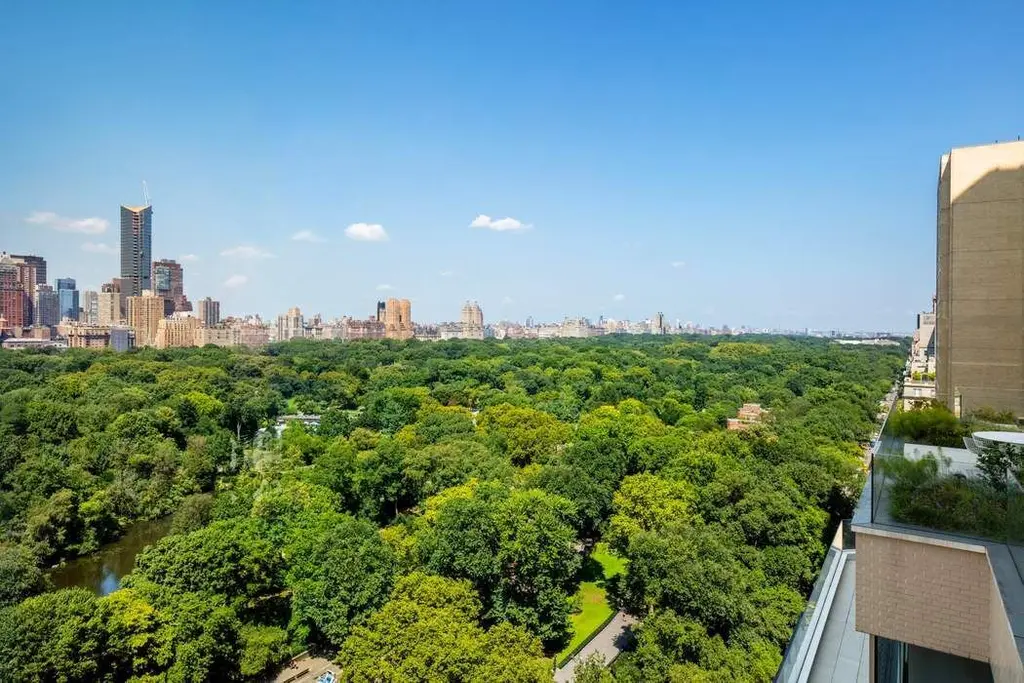
Brooklyn
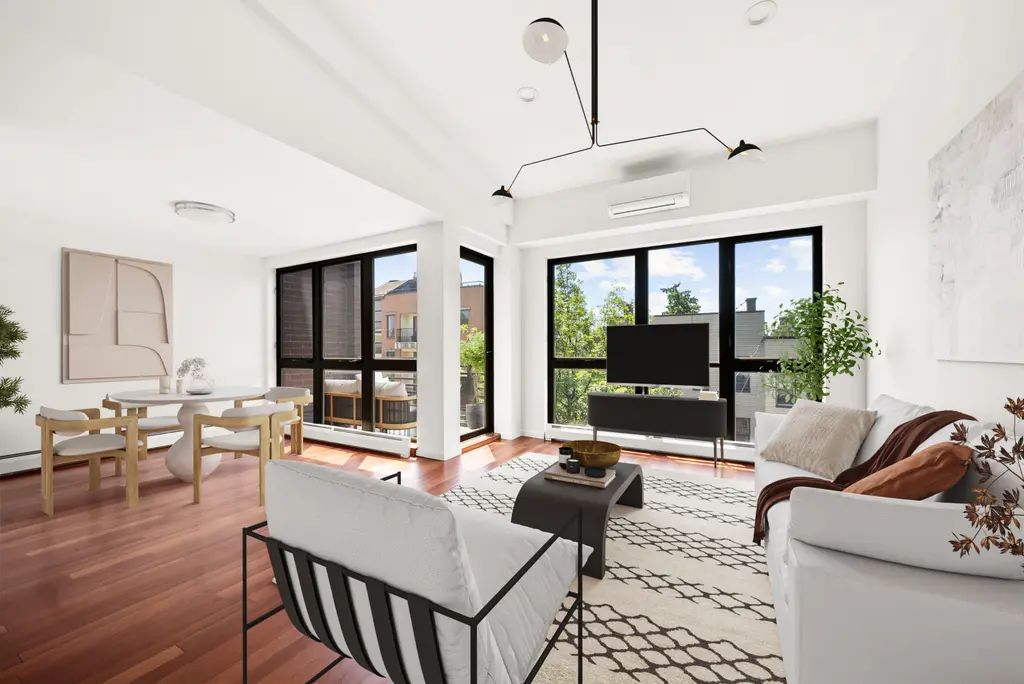
179 Jackson Street, #PH (Serhant LLC)
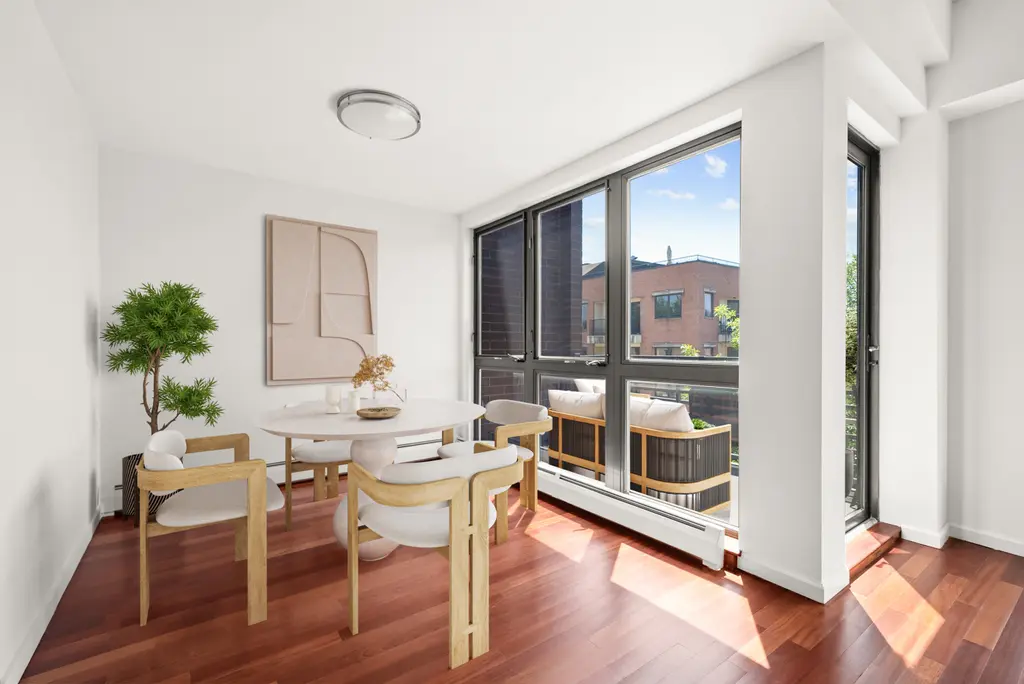
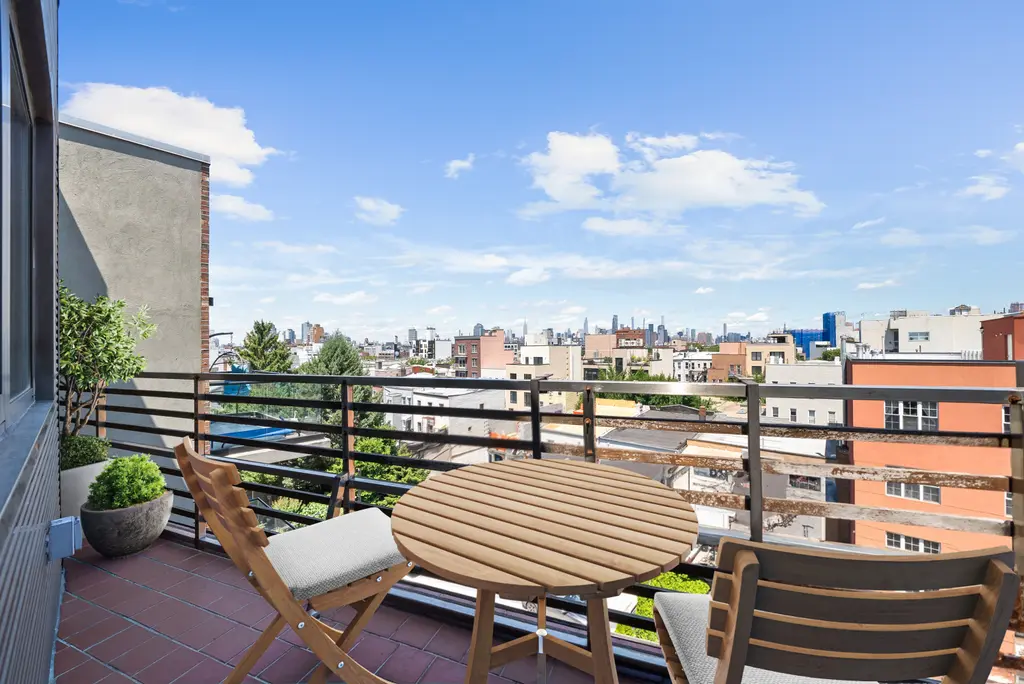
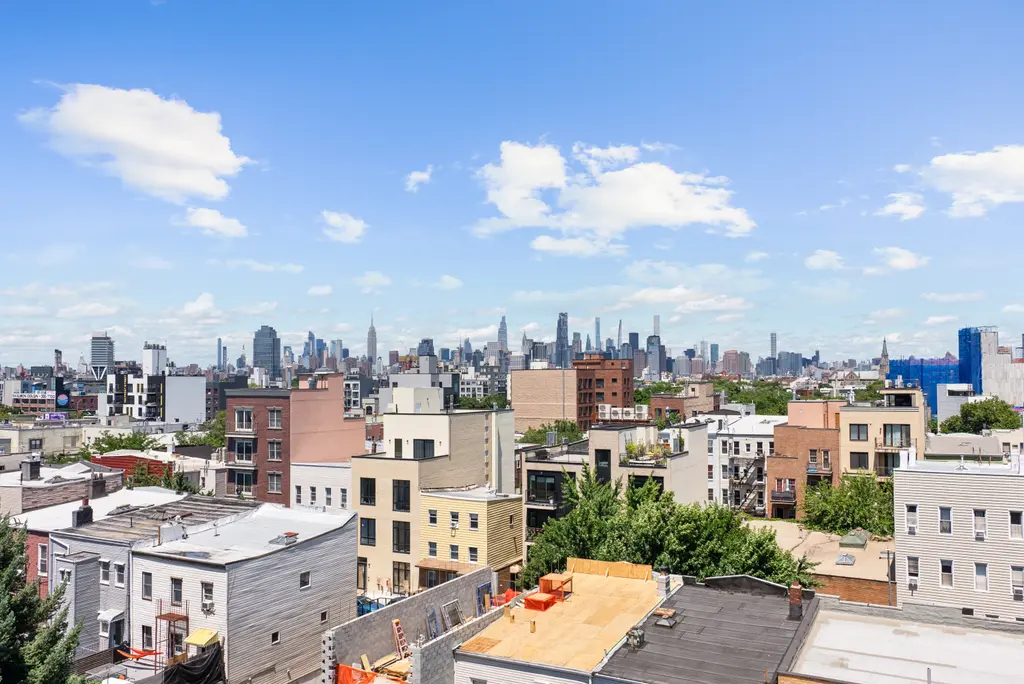
Would you like to tour any of these properties?
Just complete the info below.
Or call us at (212) 755-5544
Would you like to tour any of these properties?

Contributing Writer
Cait Etherington
Cait Etherington has over twenty years of experience working as a journalist and communications consultant. Her articles and reviews have been published in newspapers and magazines across the United States and internationally. An experienced financial writer, Cait is committed to exposing the human side of stories about contemporary business, banking and workplace relations. She also enjoys writing about trends, lifestyles and real estate in New York City where she lives with her family in a cozy apartment on the twentieth floor of a Manhattan high rise.

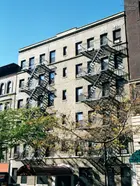

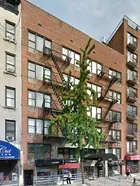
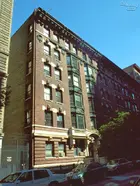


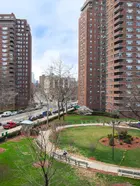
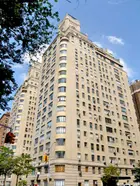
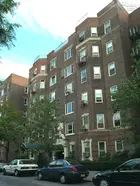
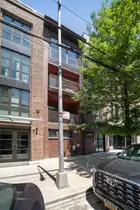

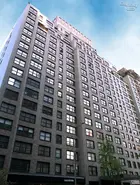
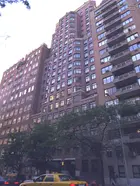
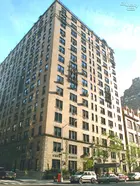
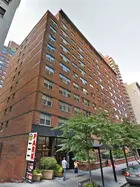
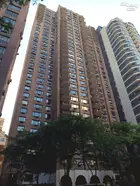

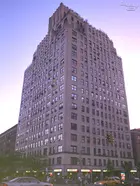
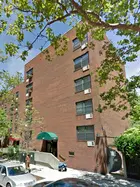
 6sqft delivers the latest on real estate, architecture, and design, straight from New York City.
6sqft delivers the latest on real estate, architecture, and design, straight from New York City.
